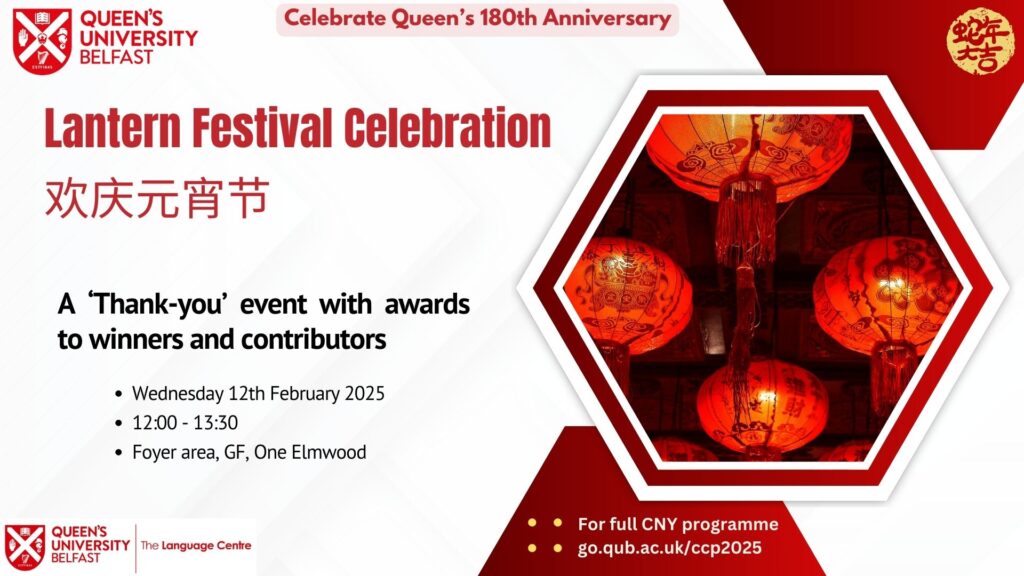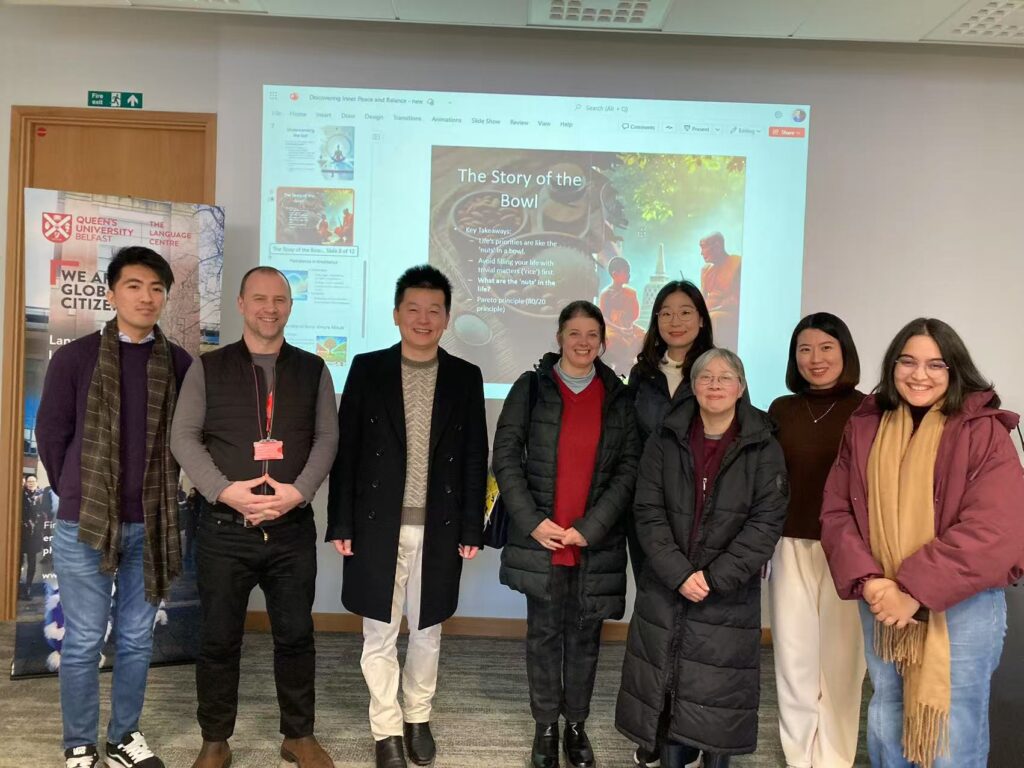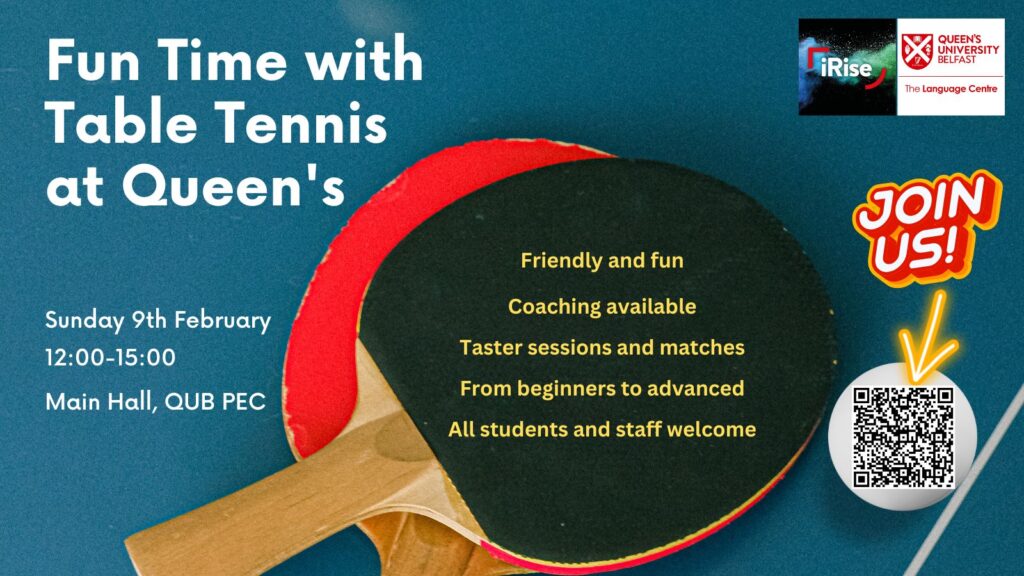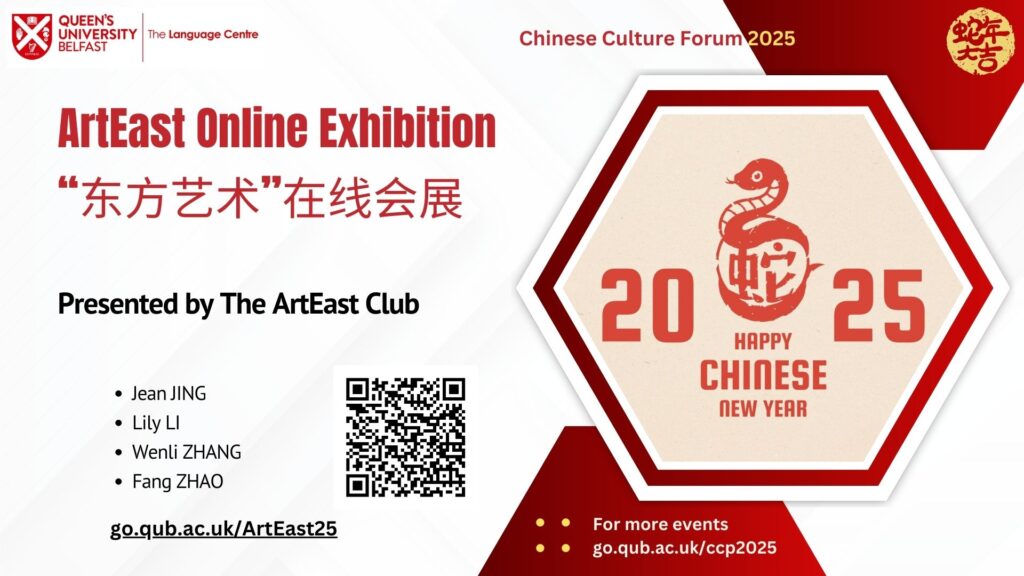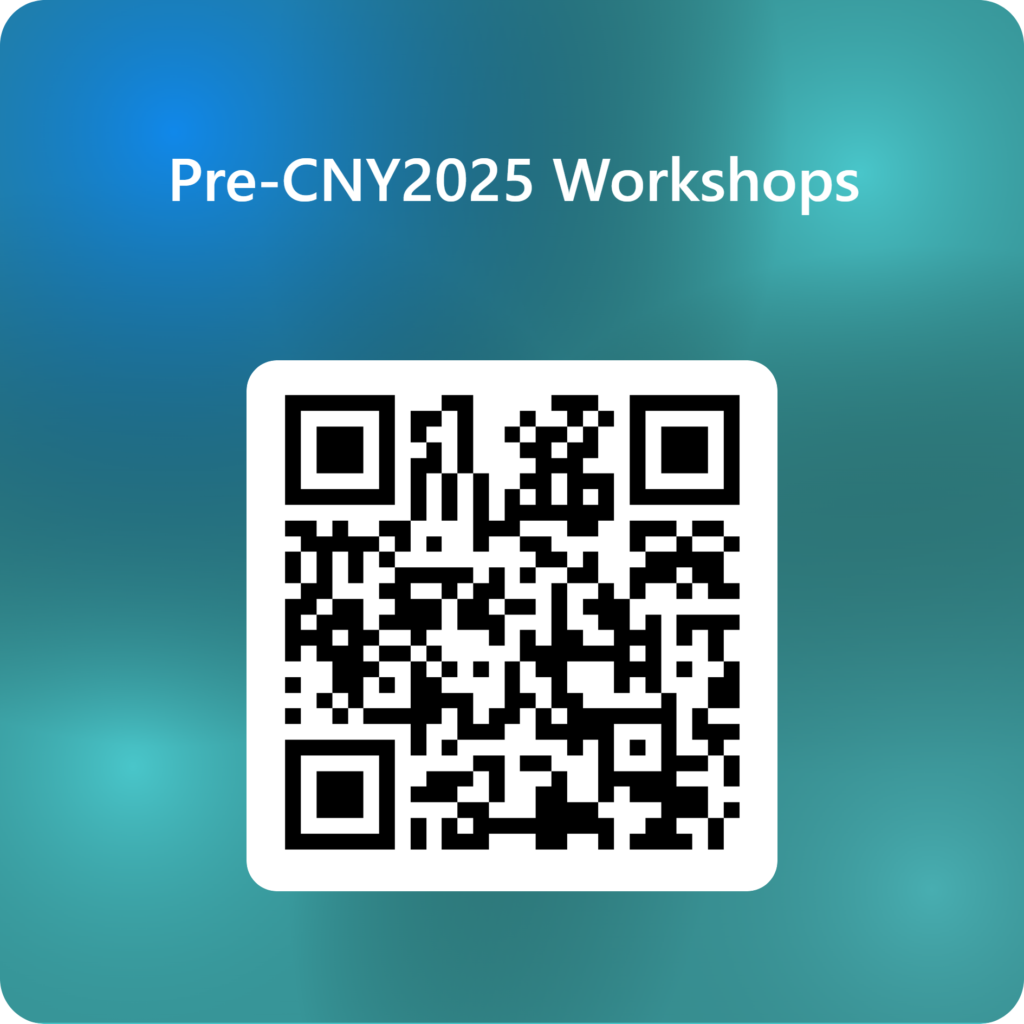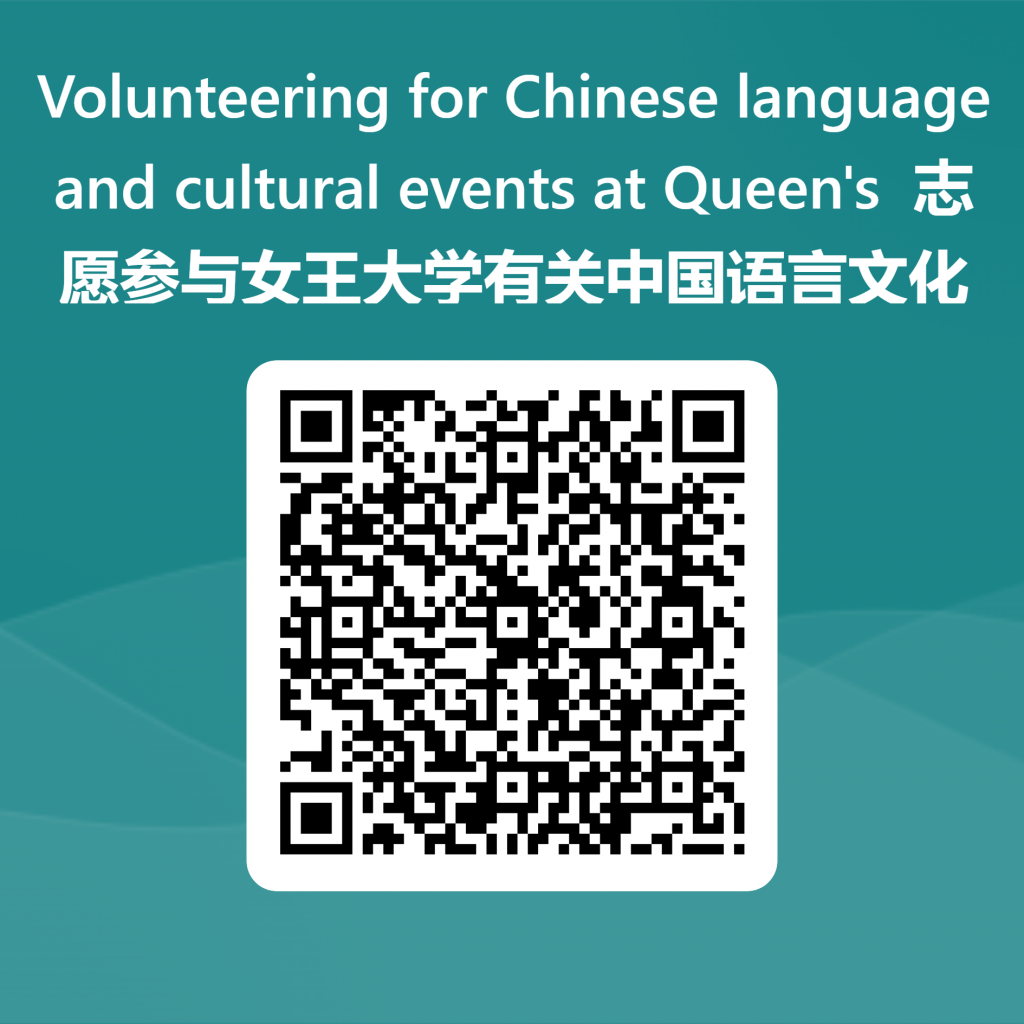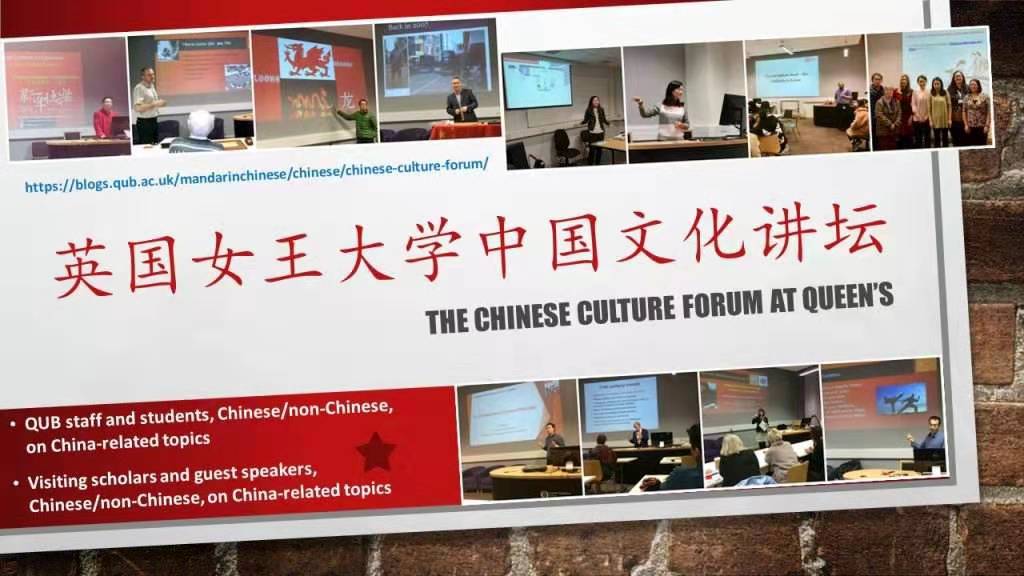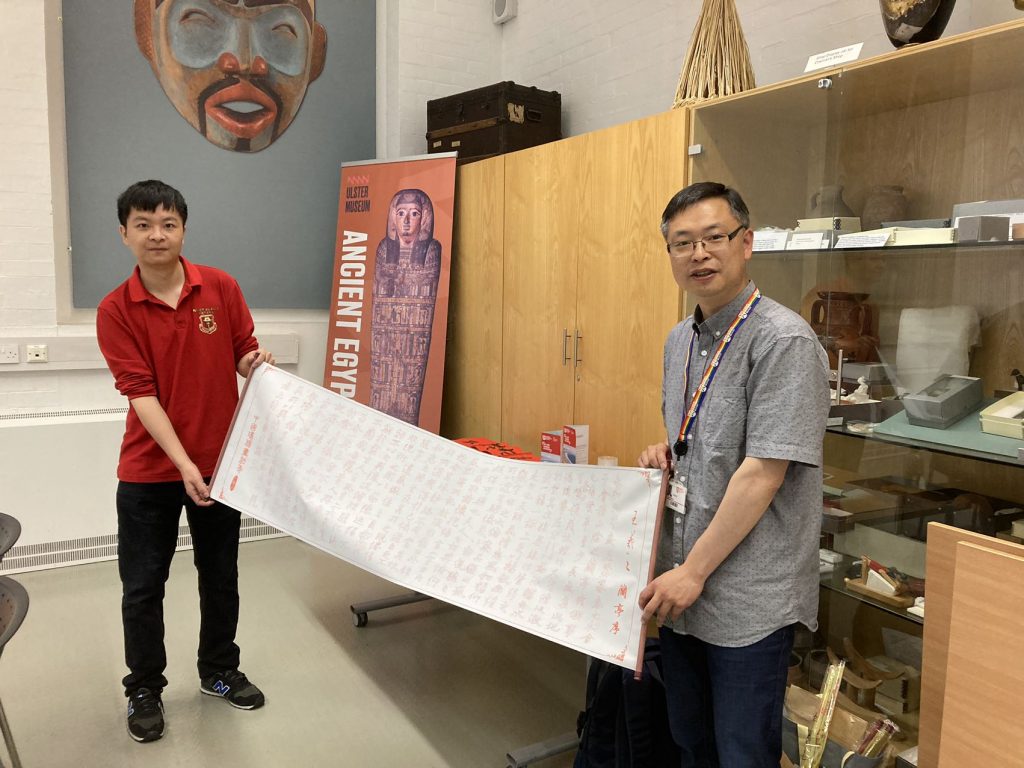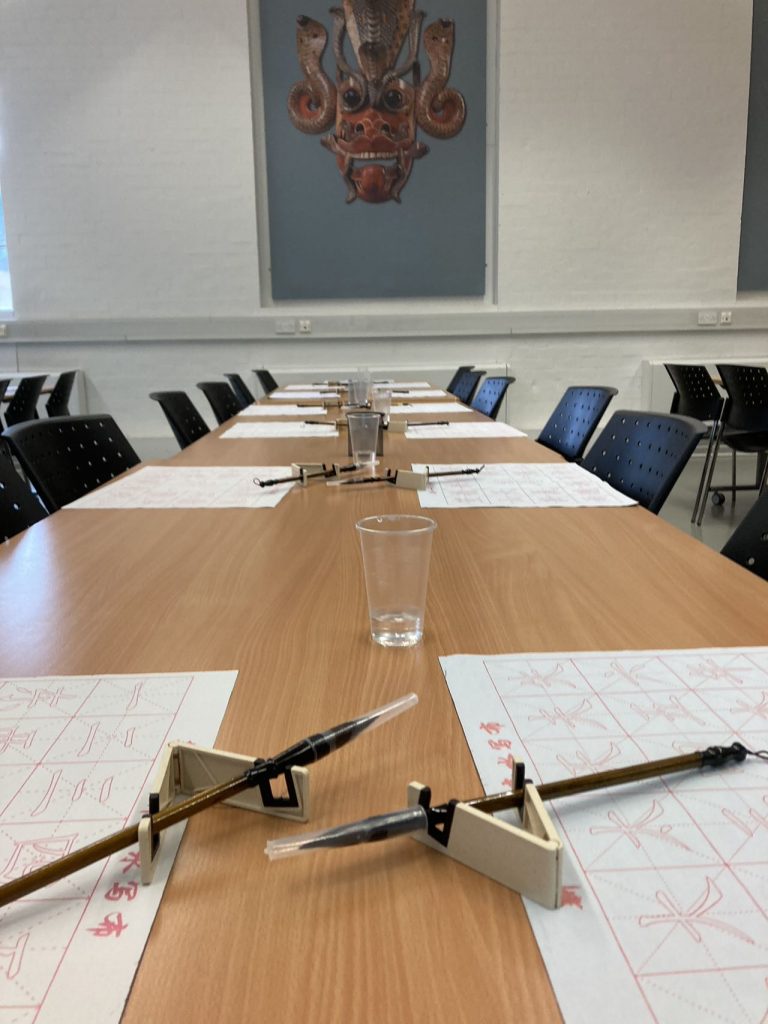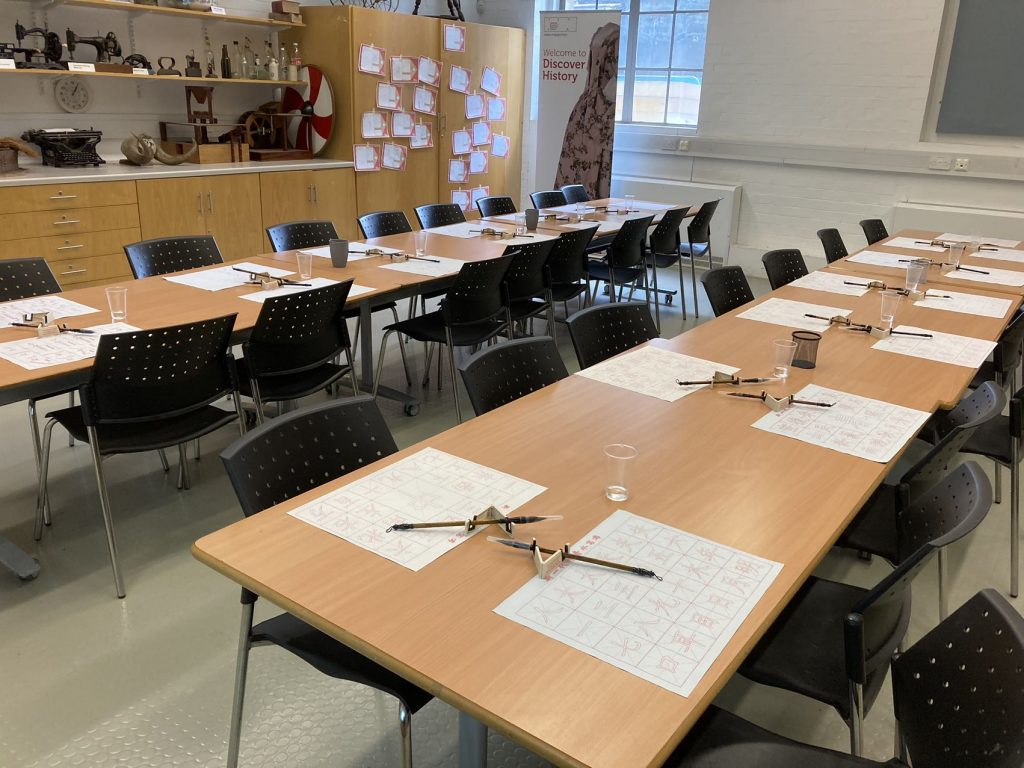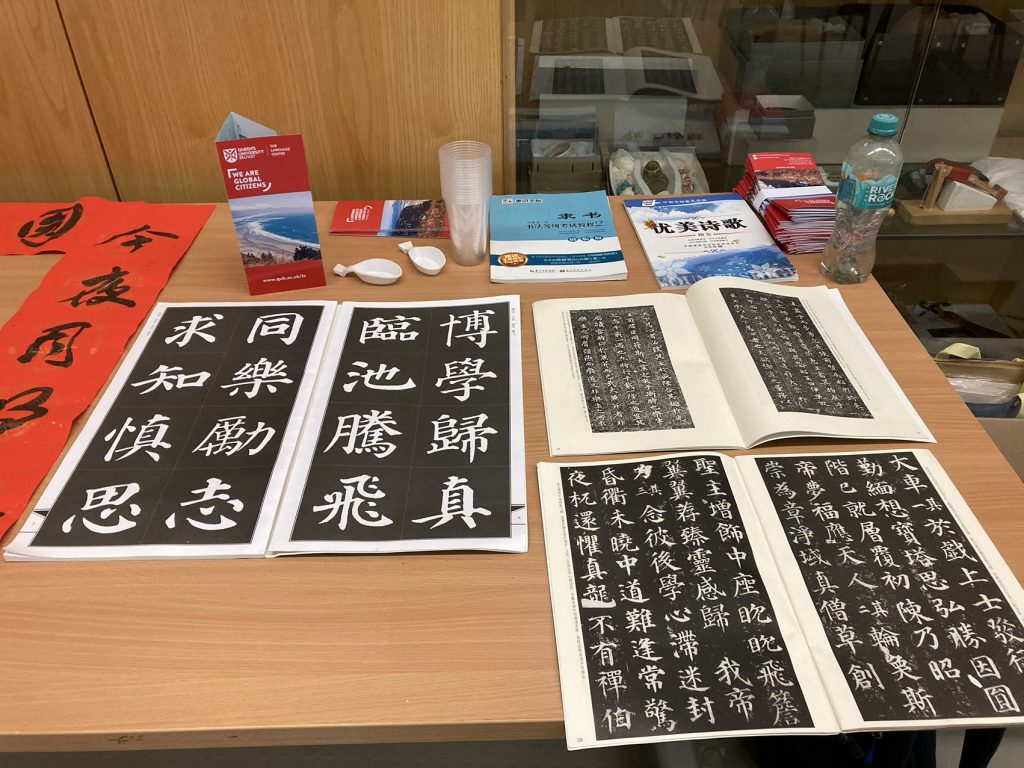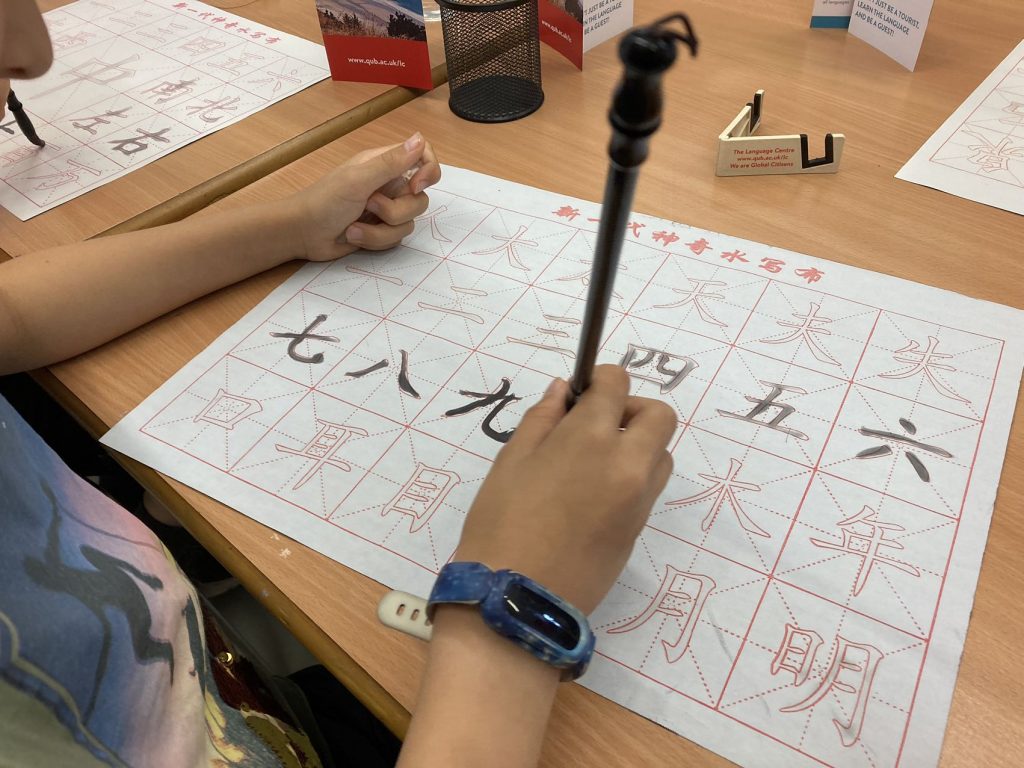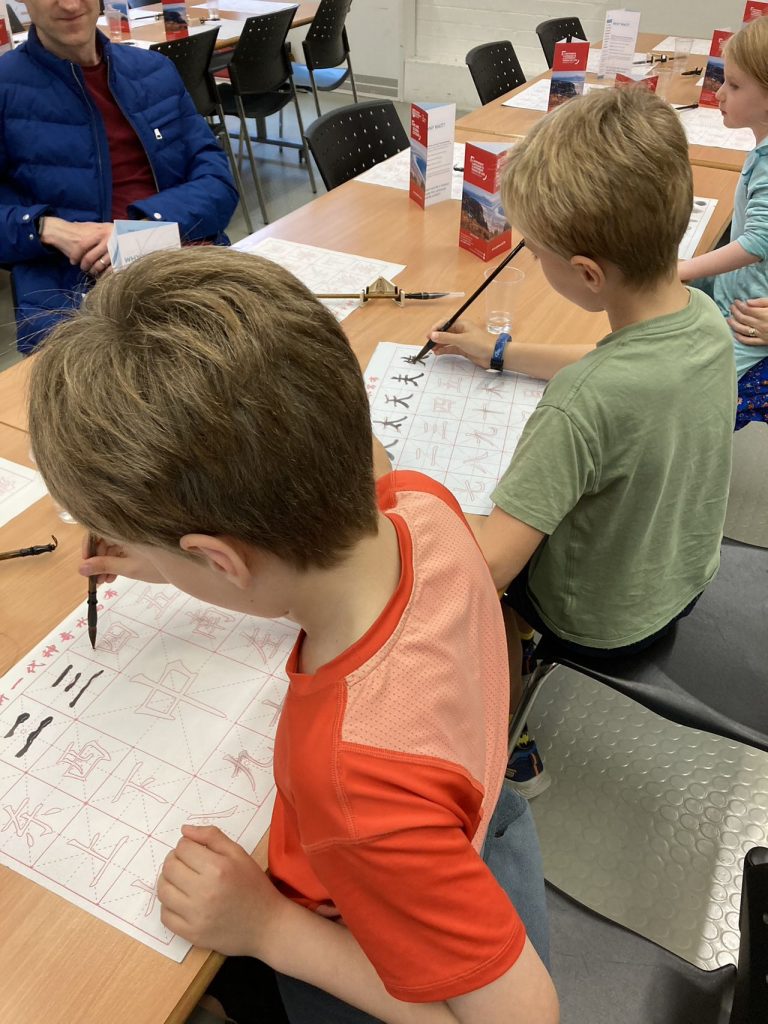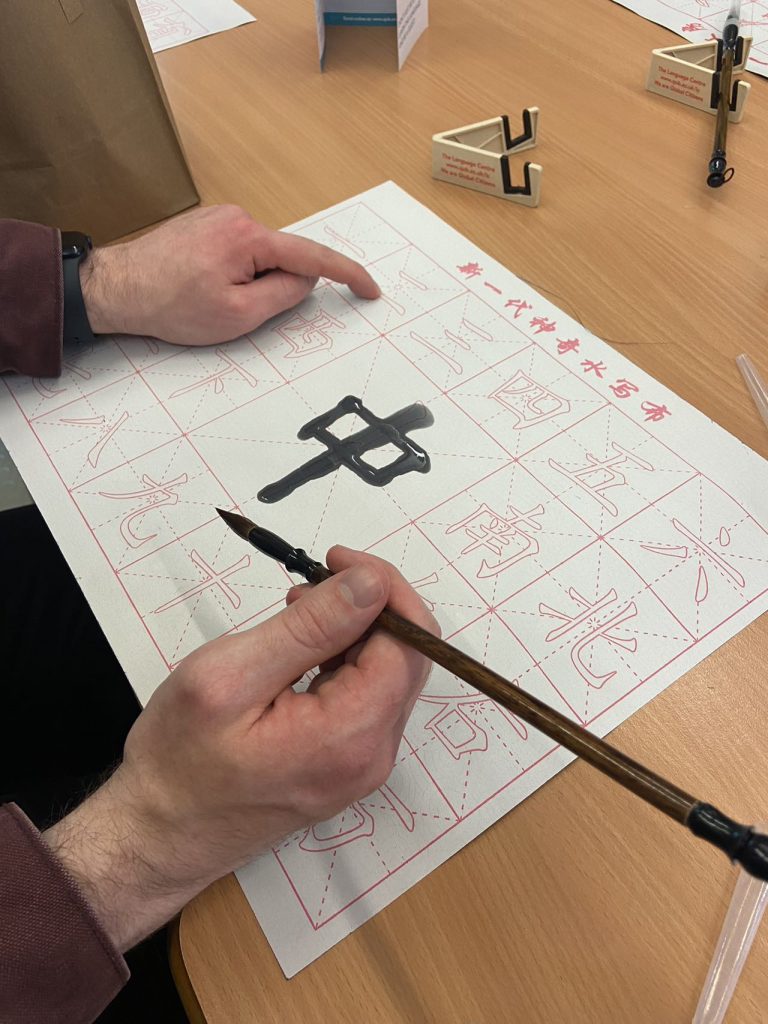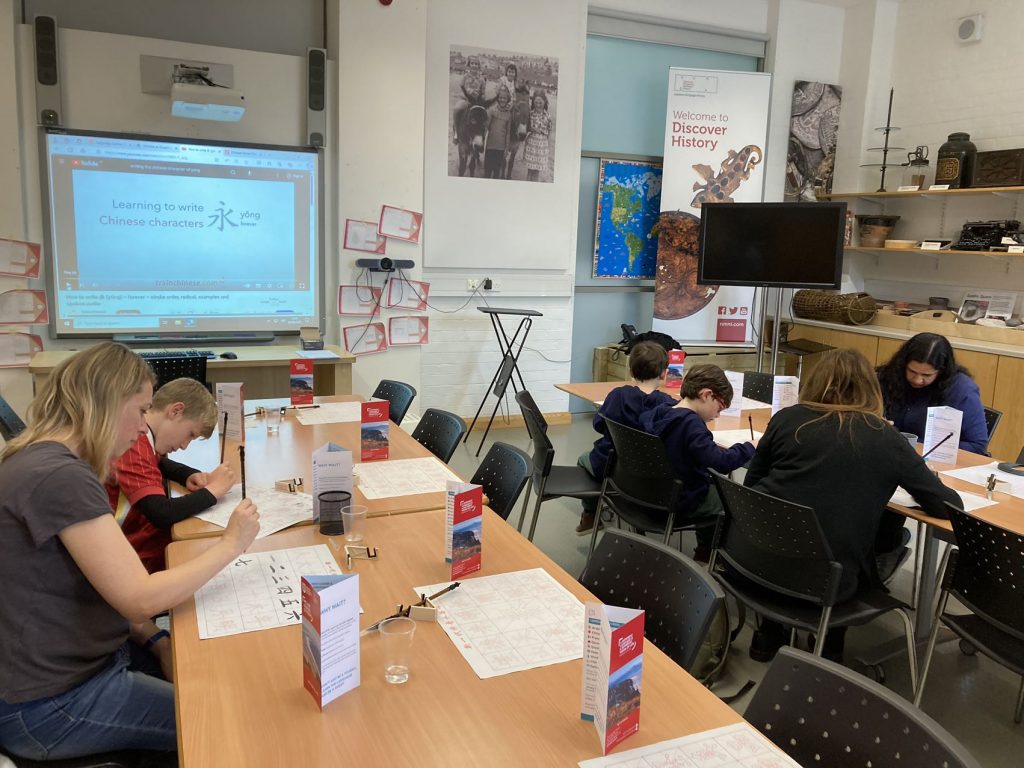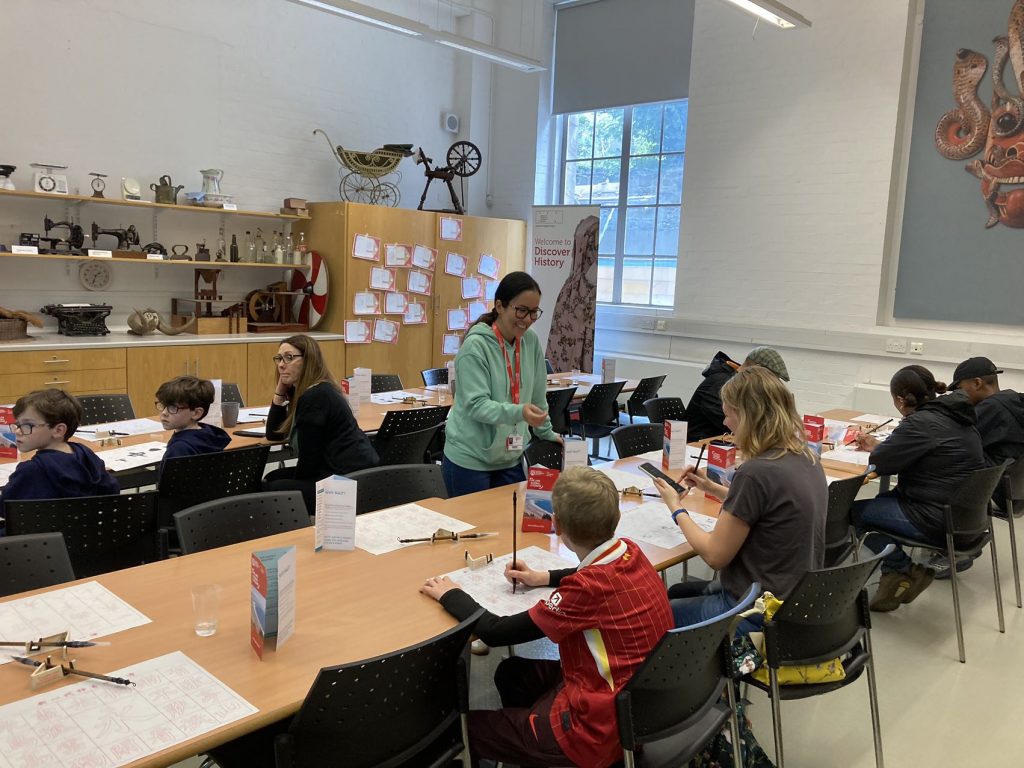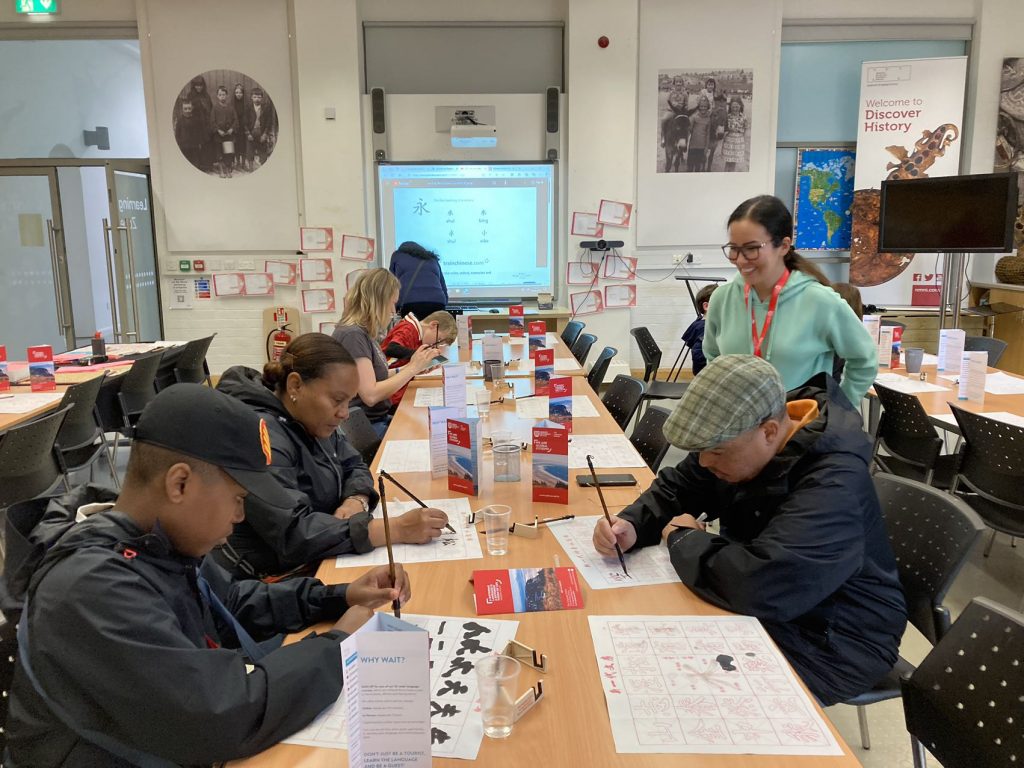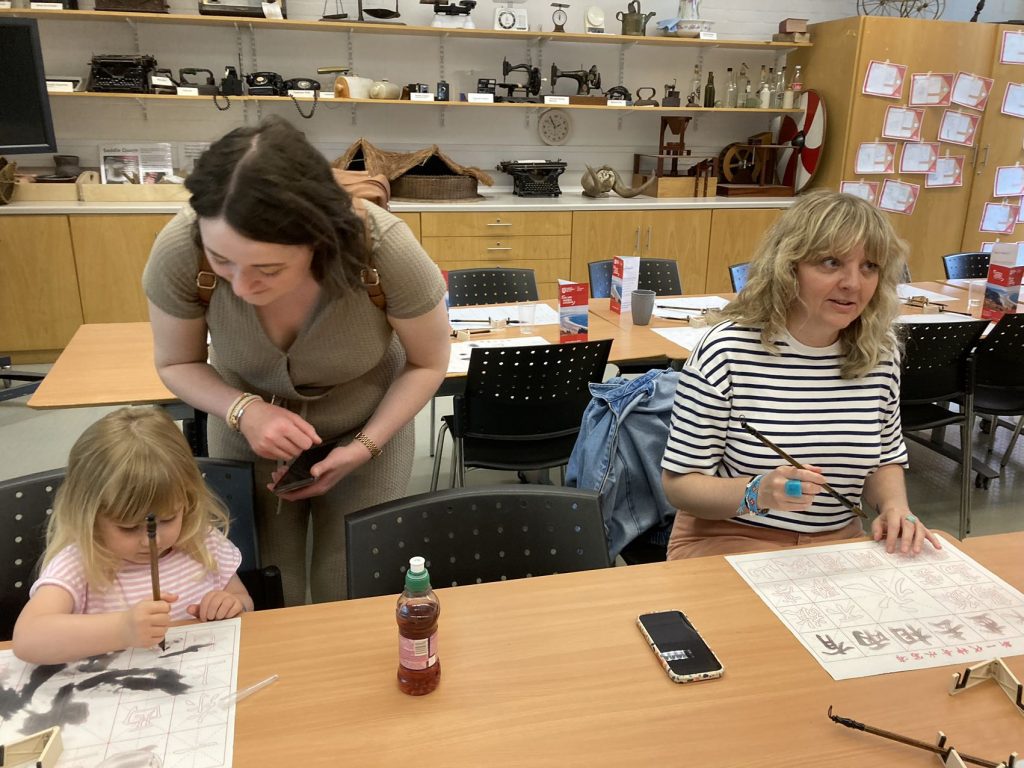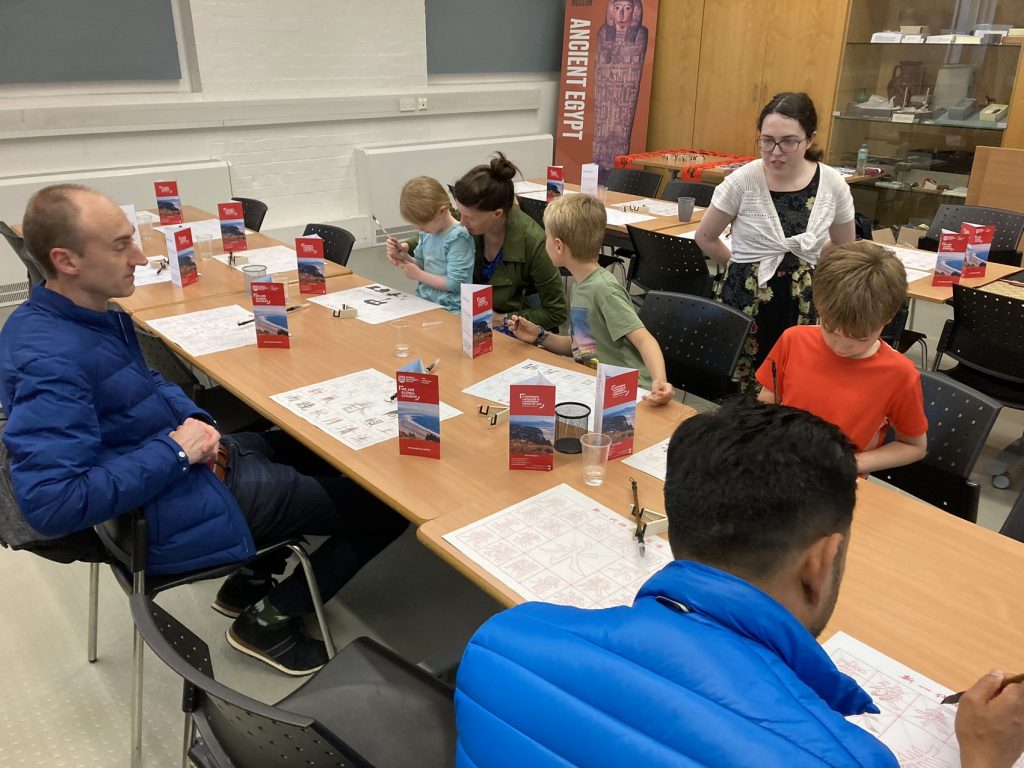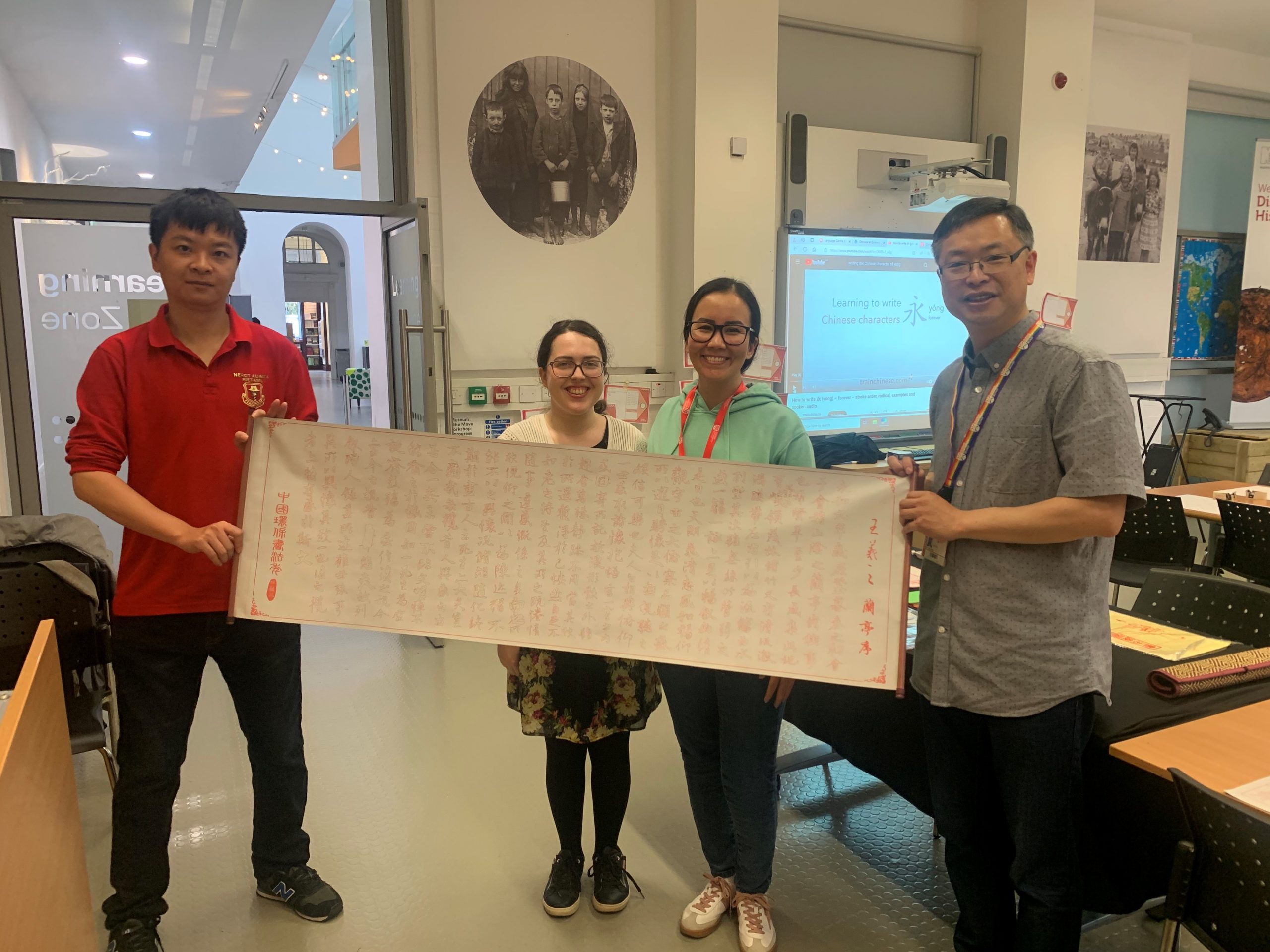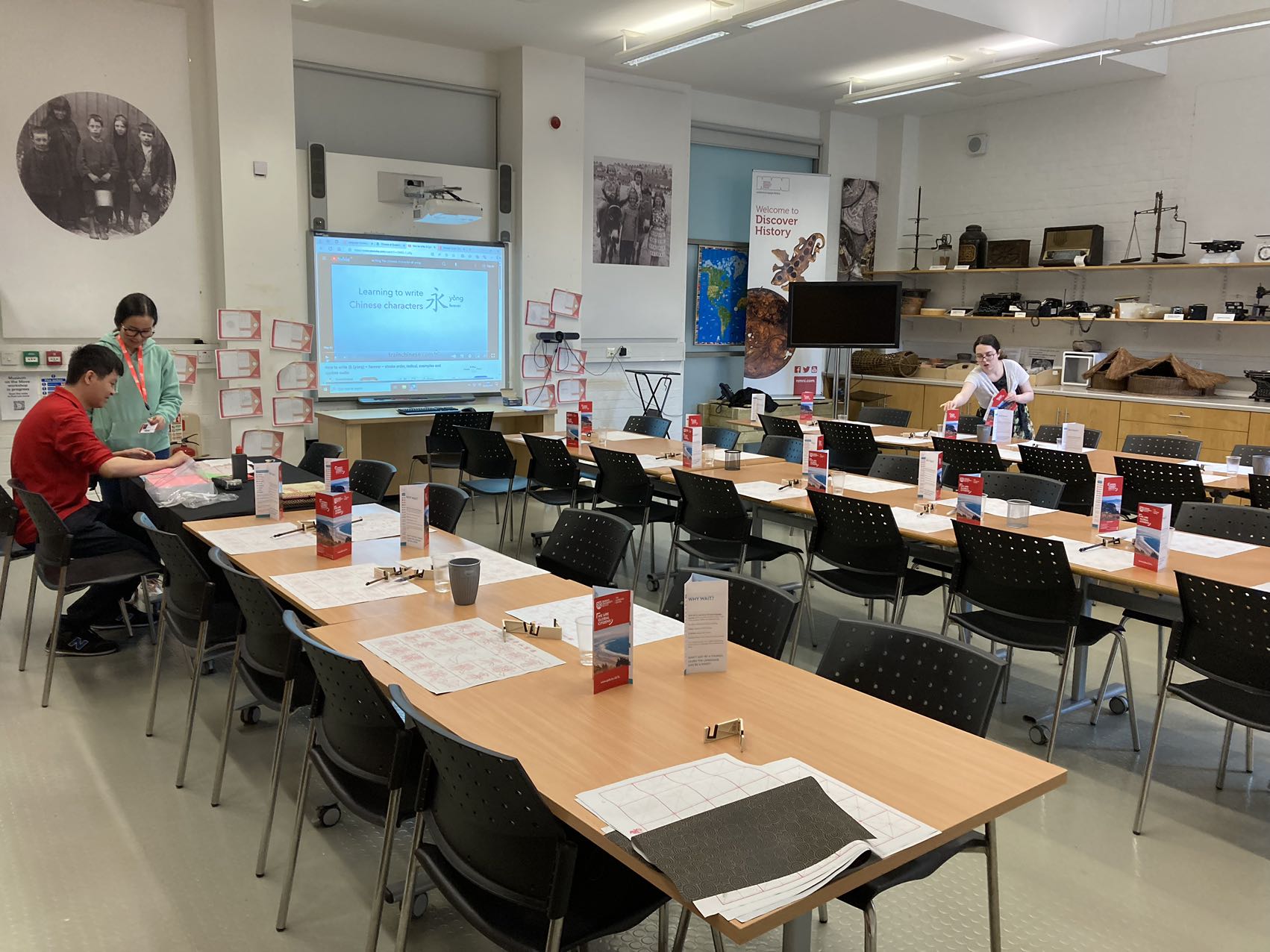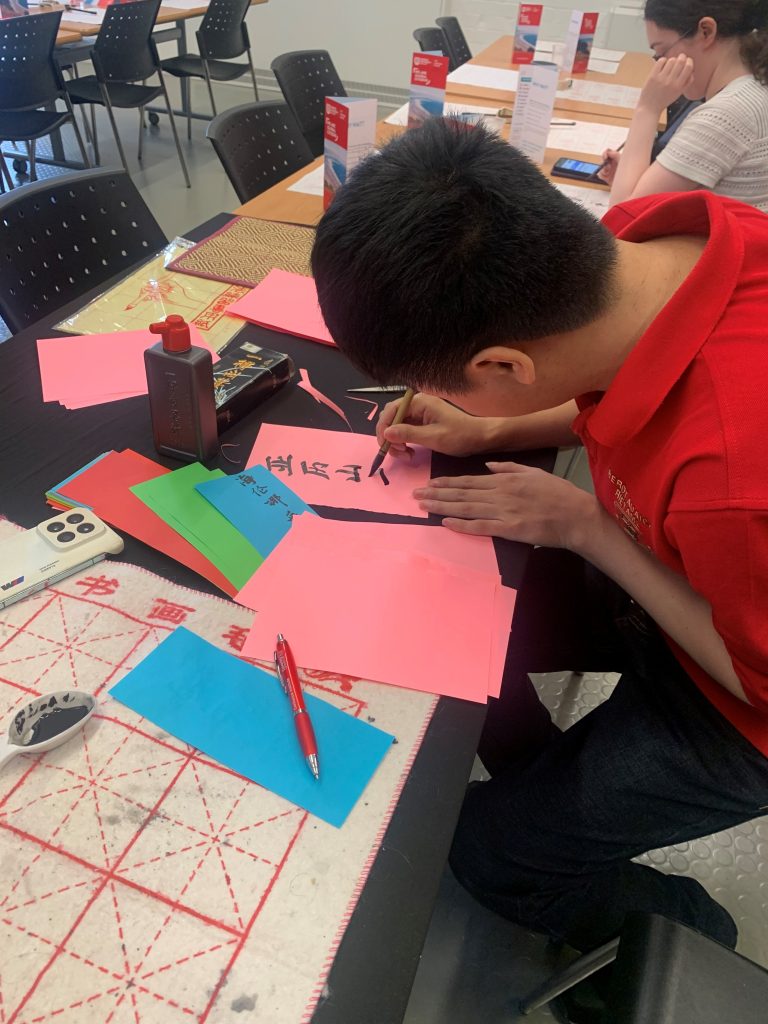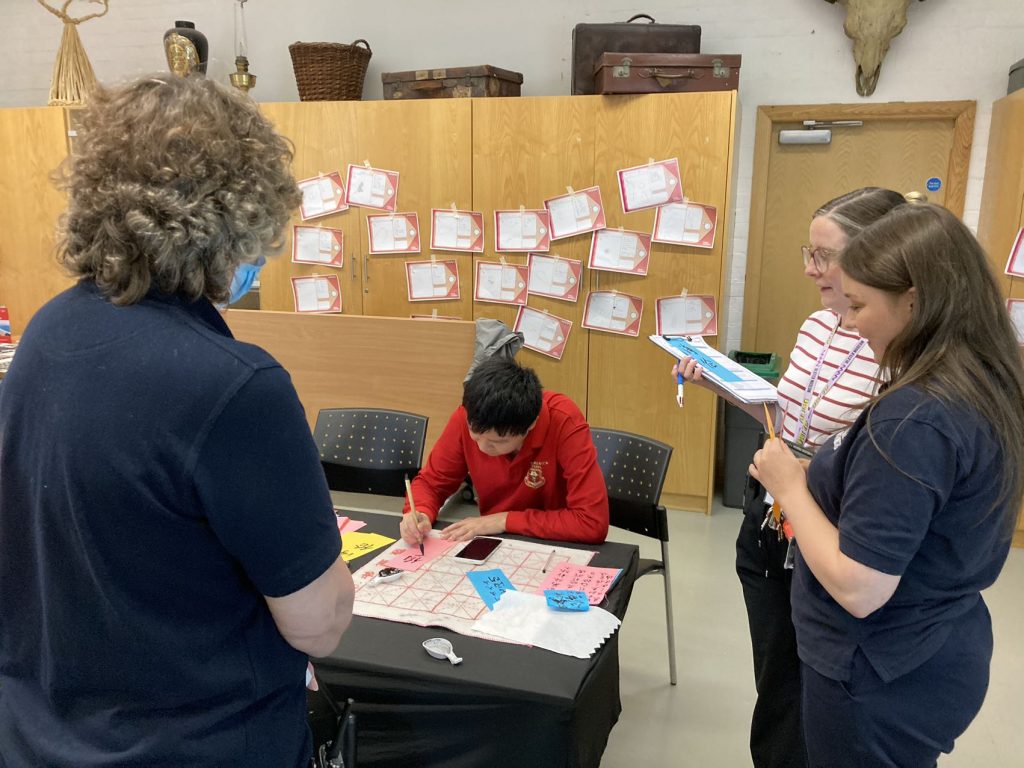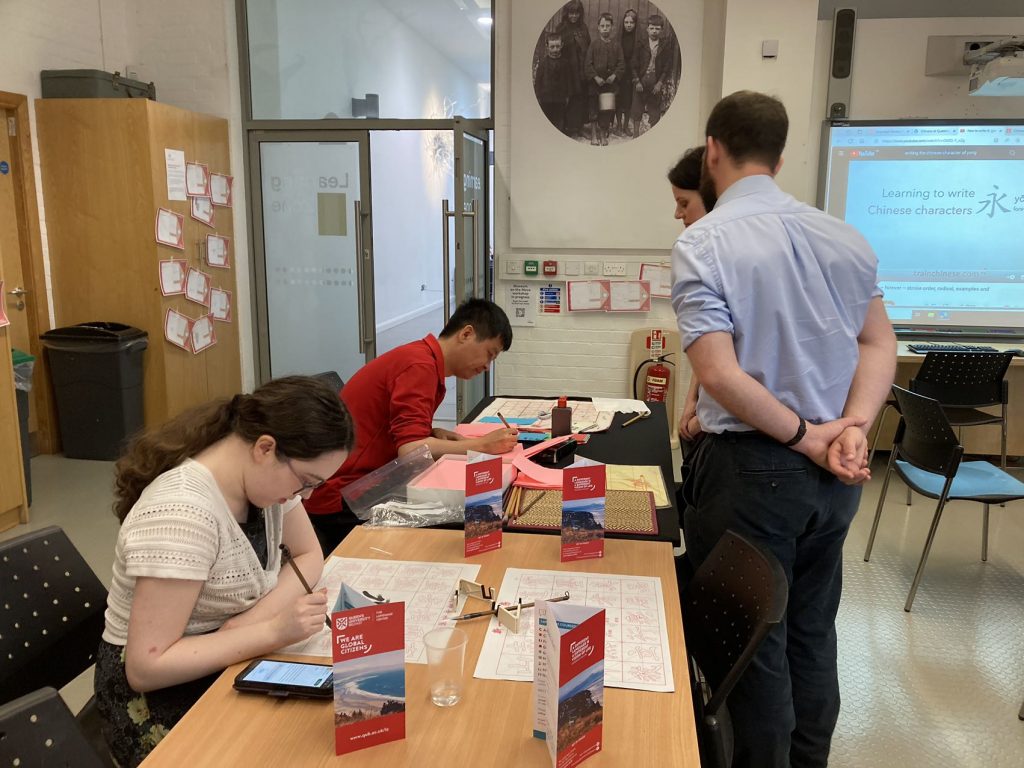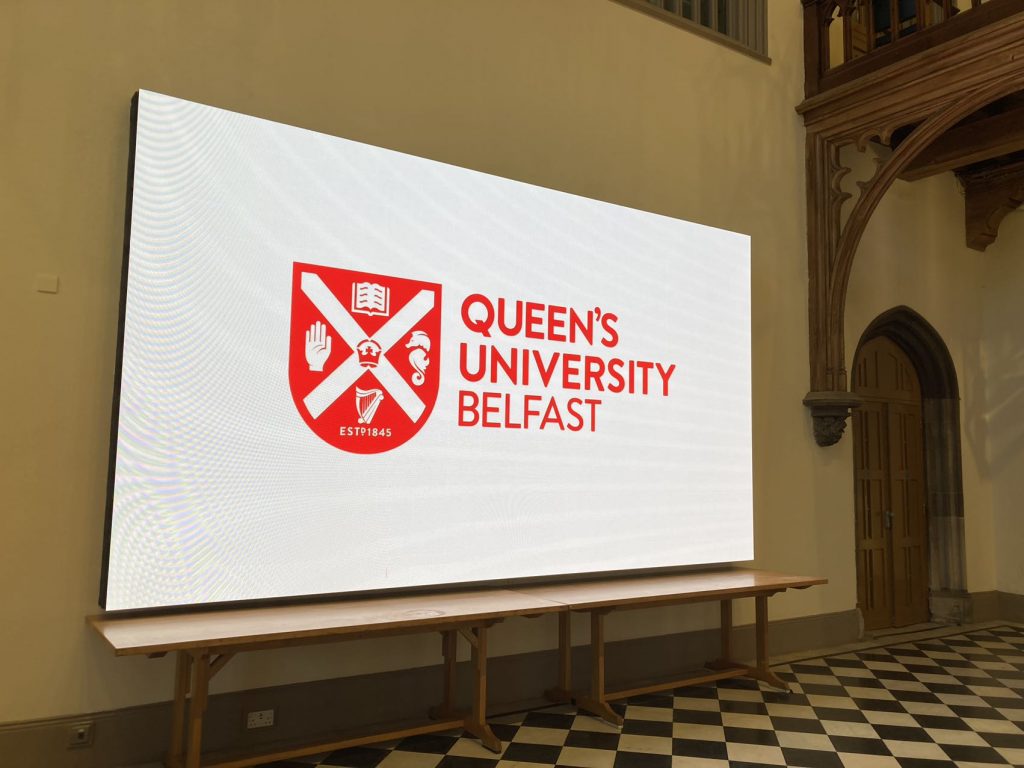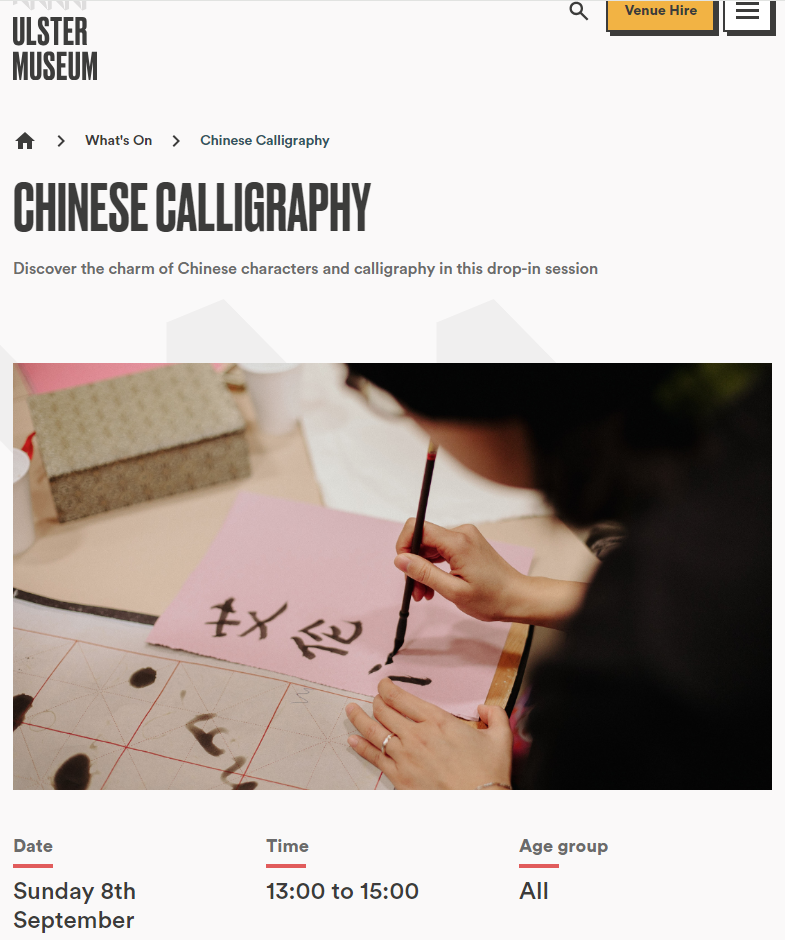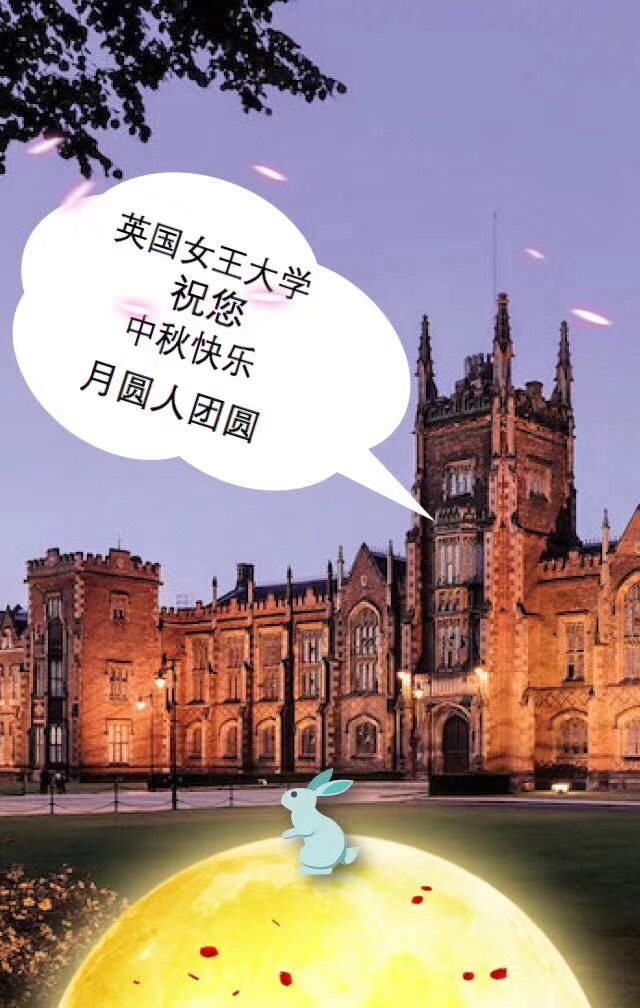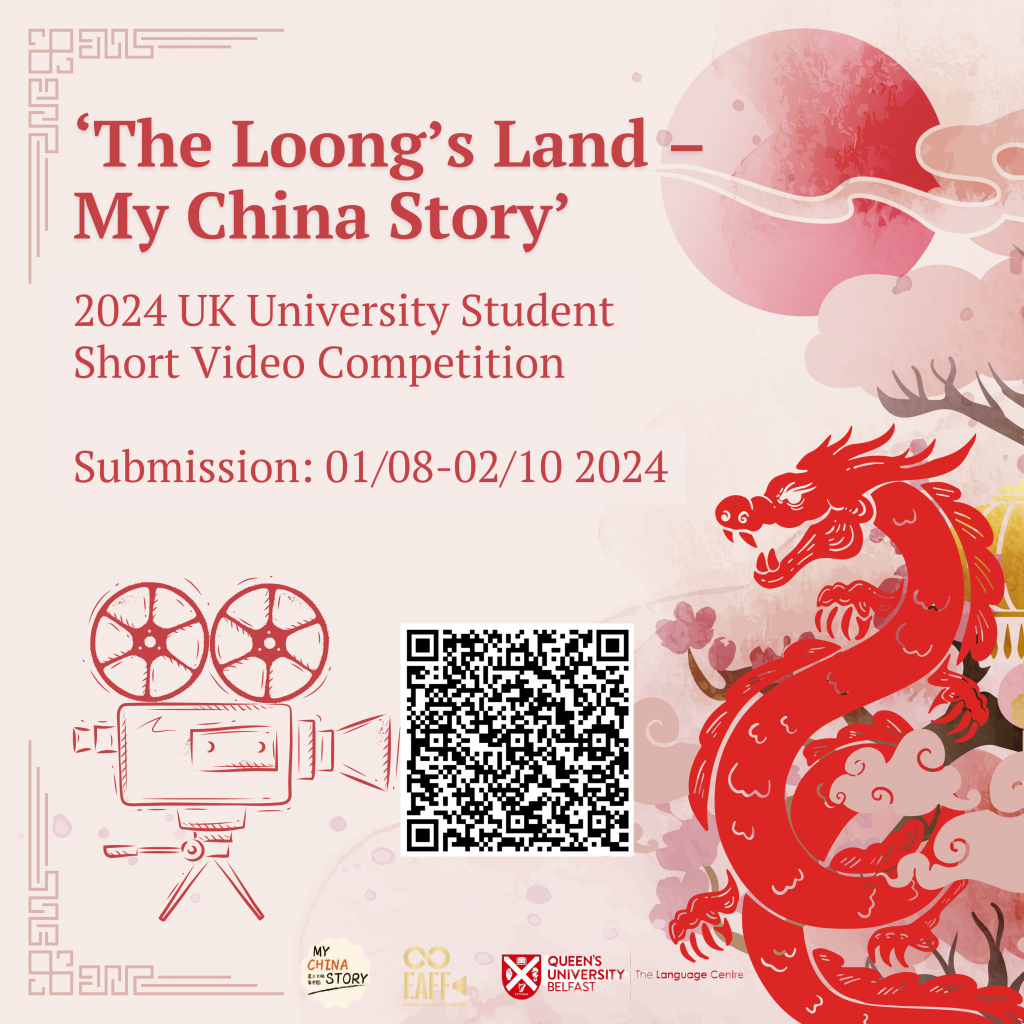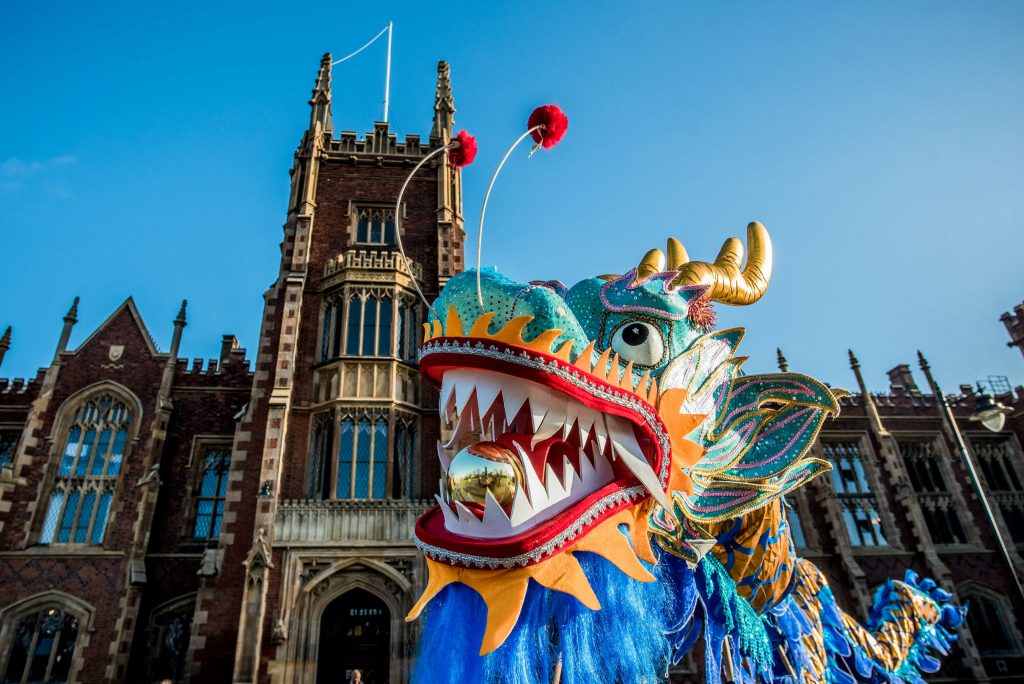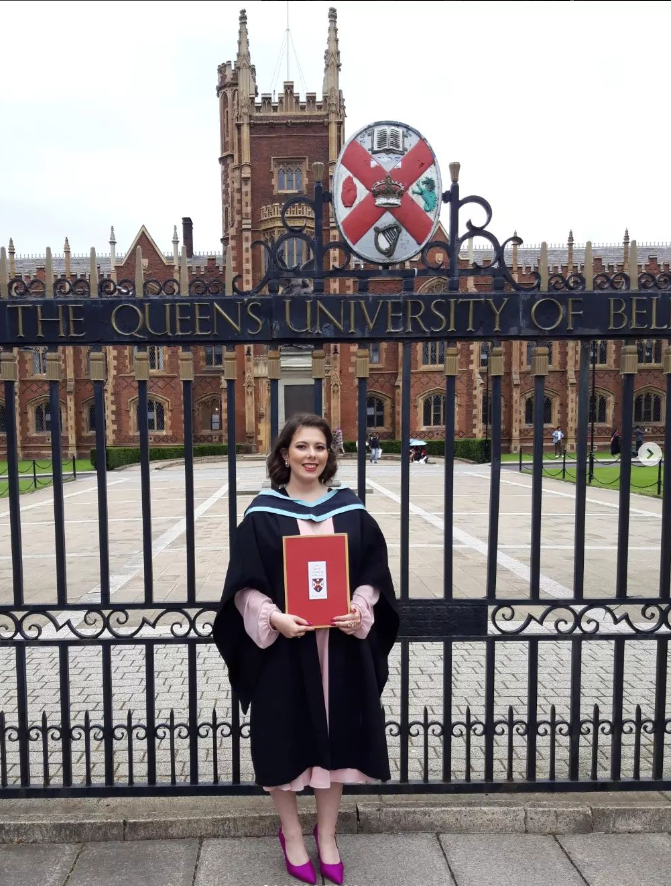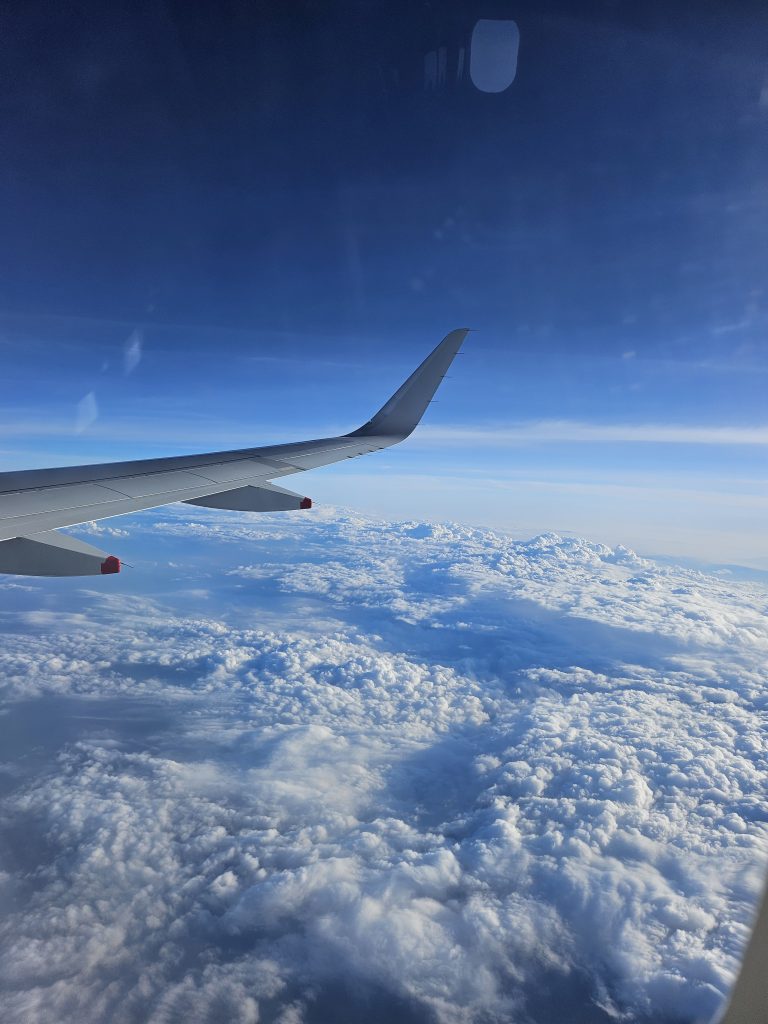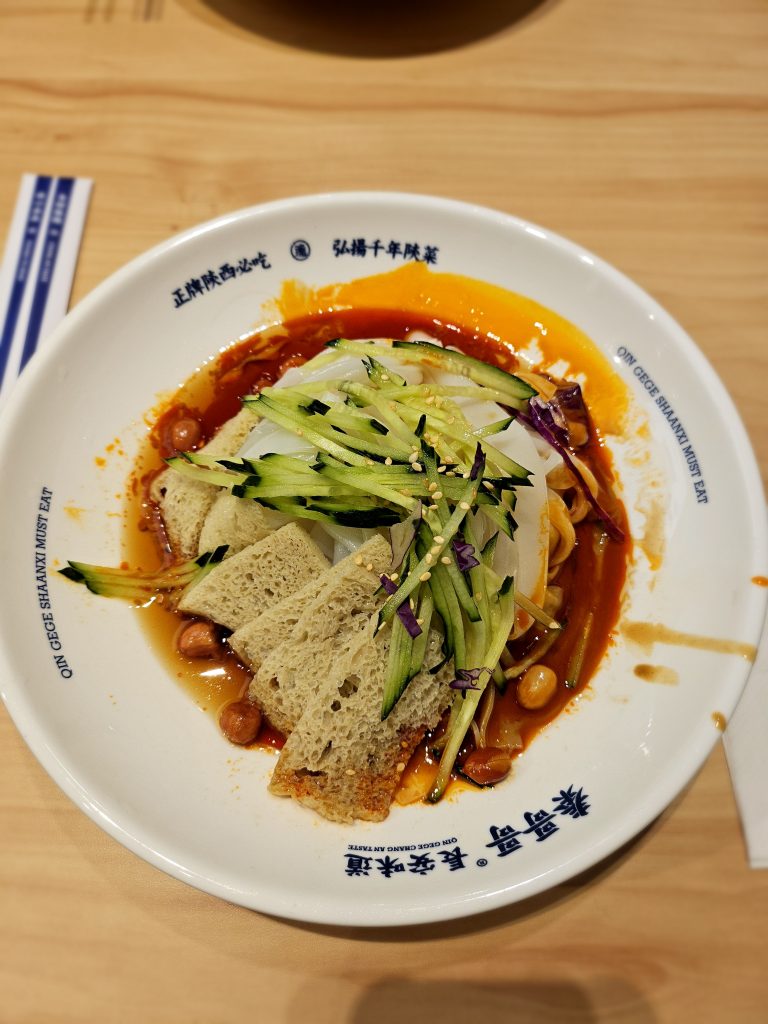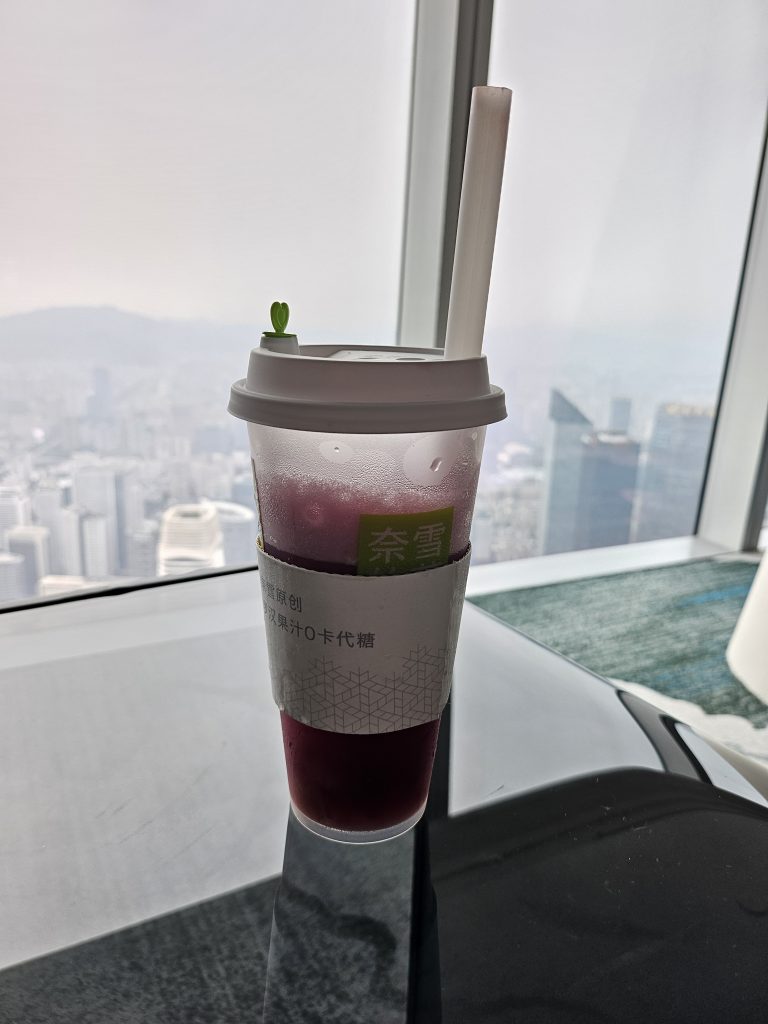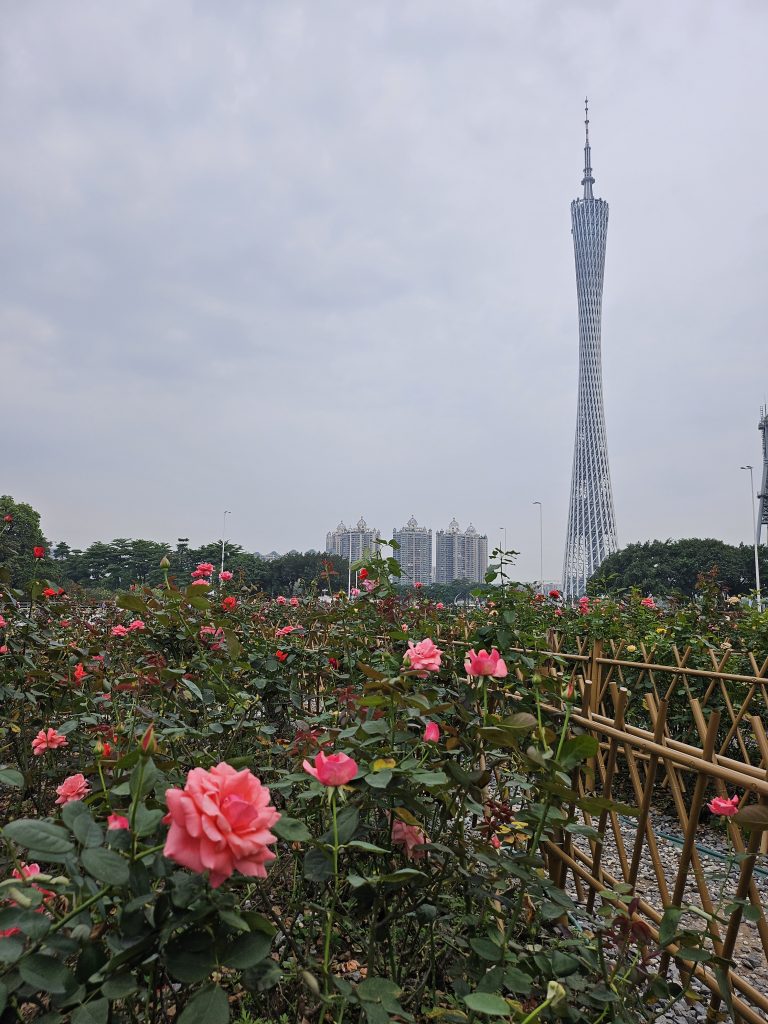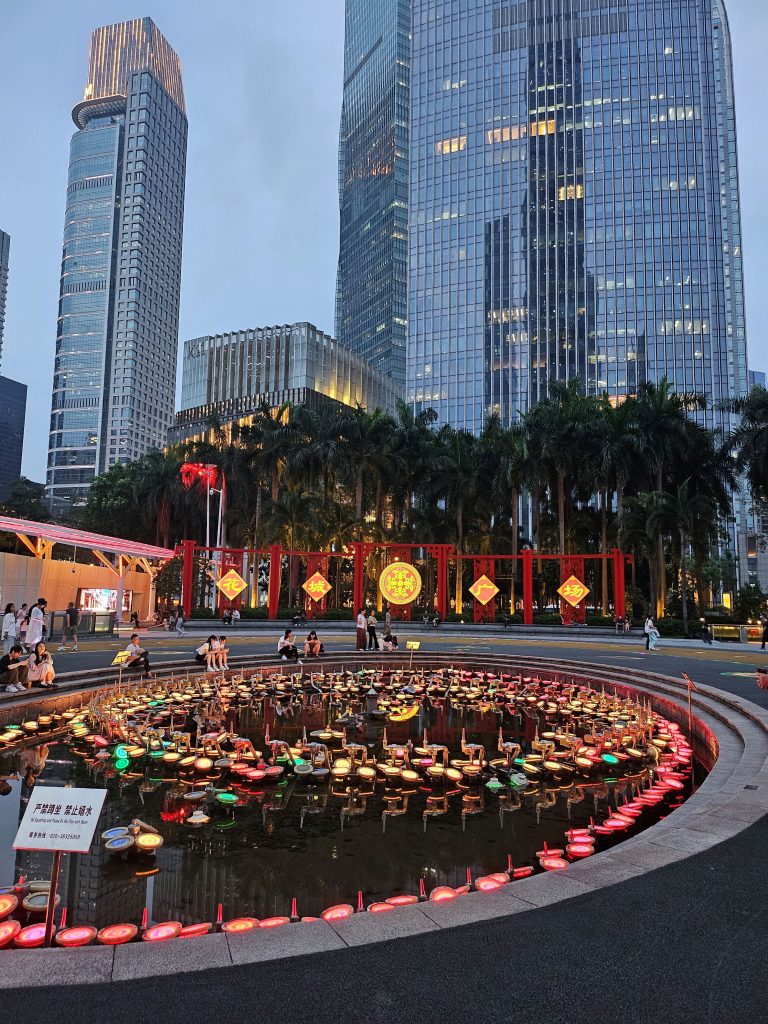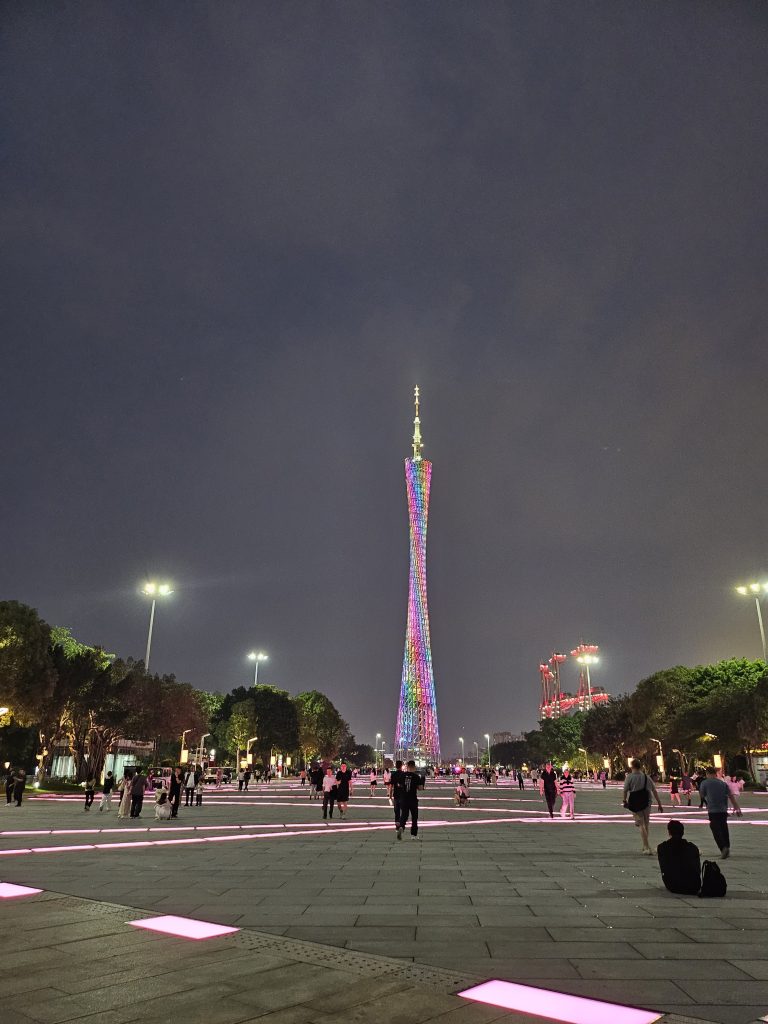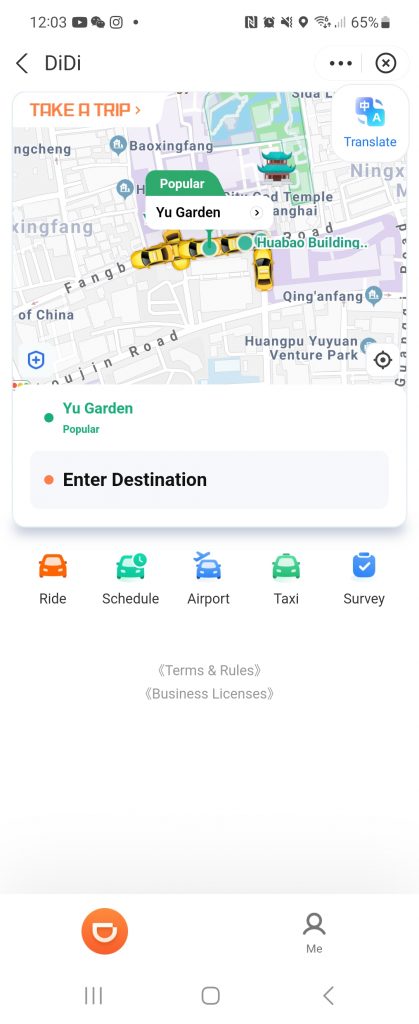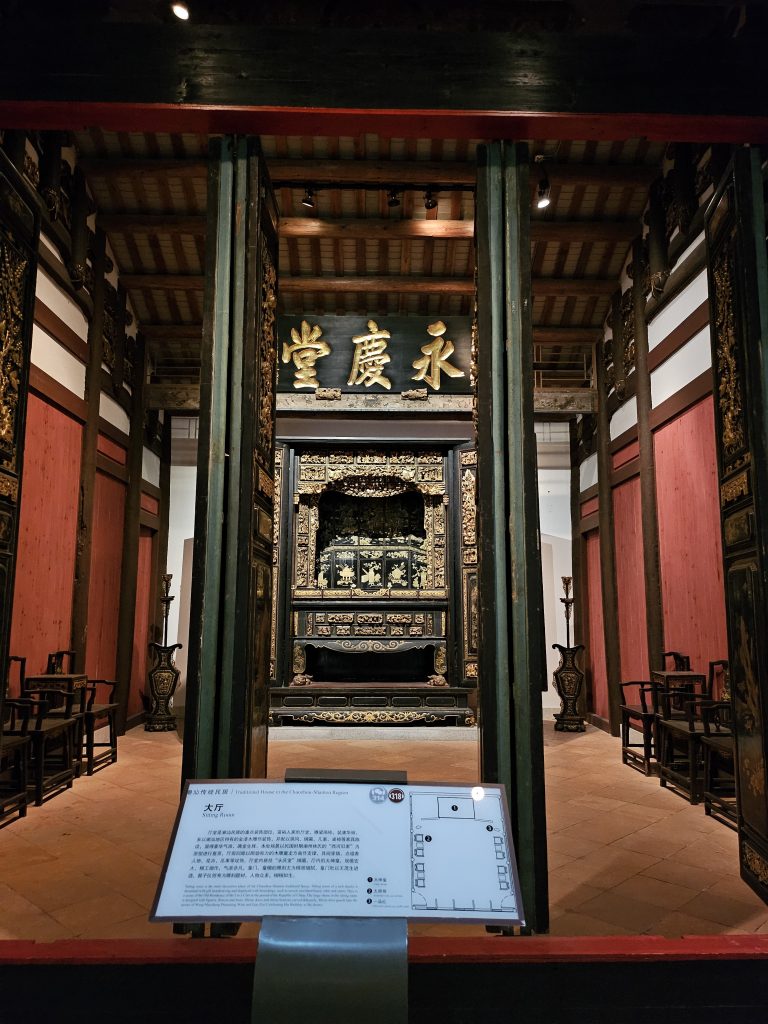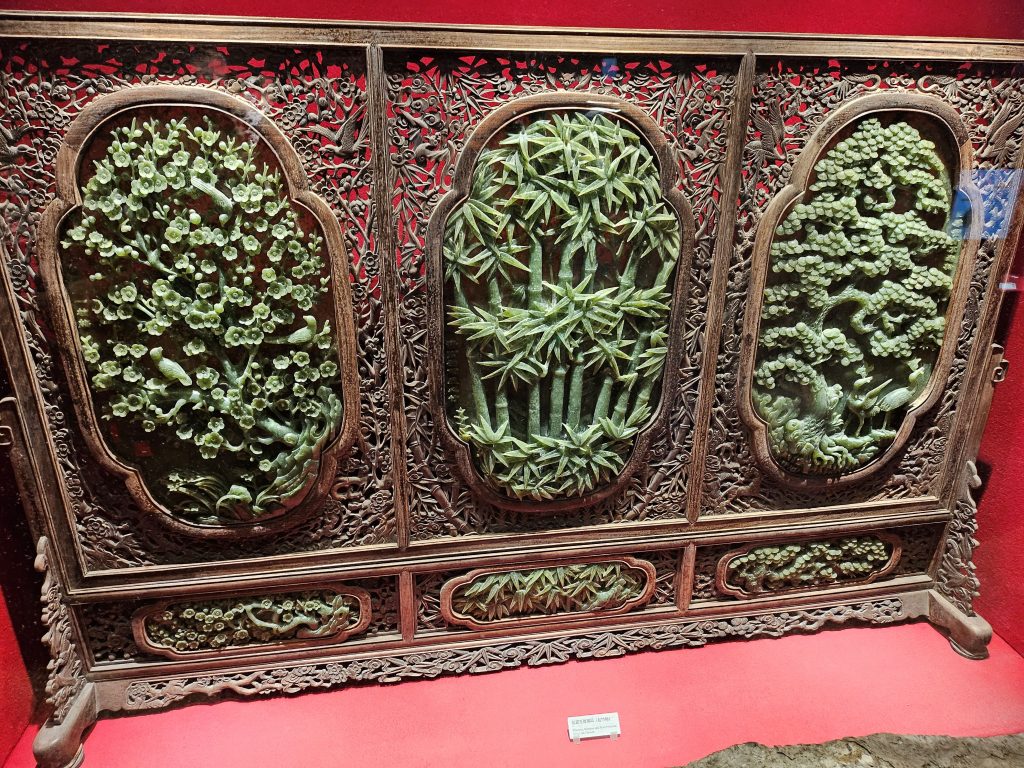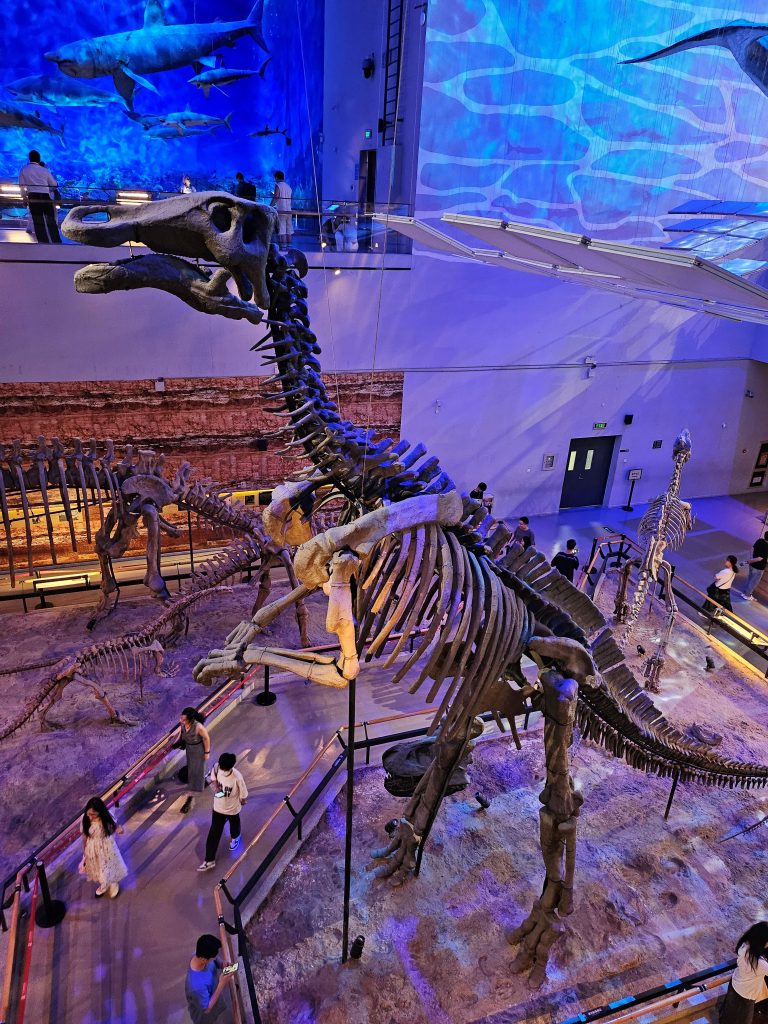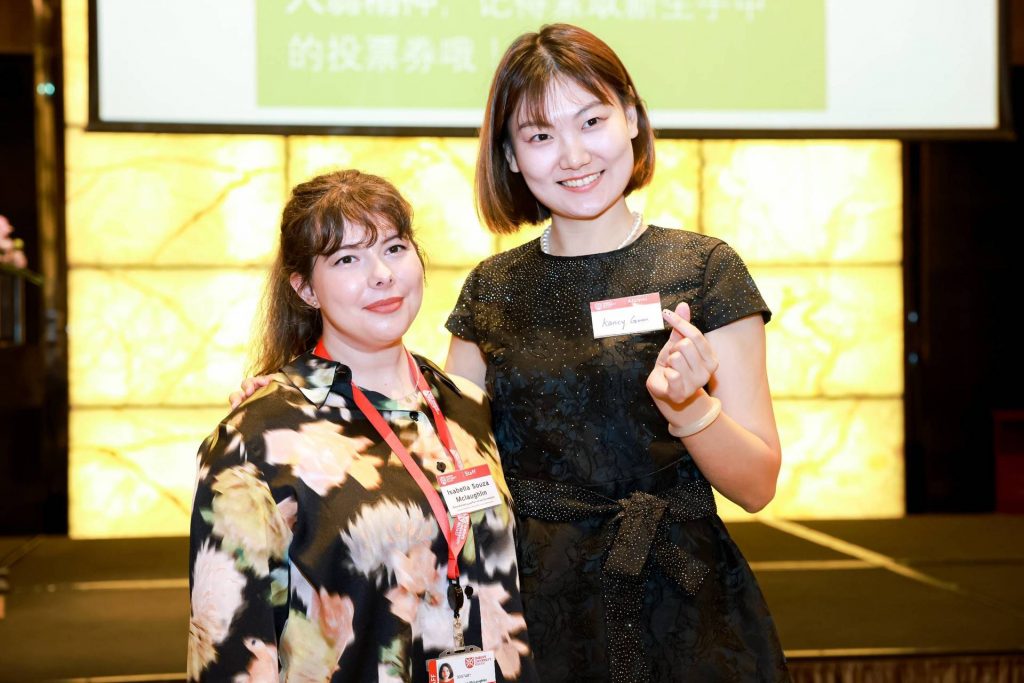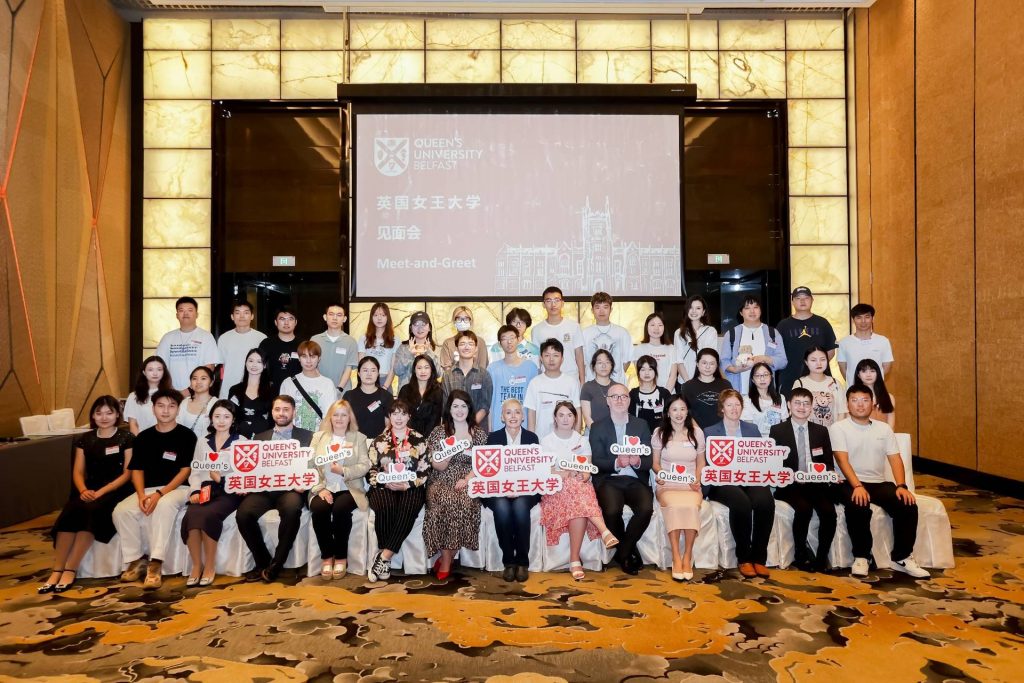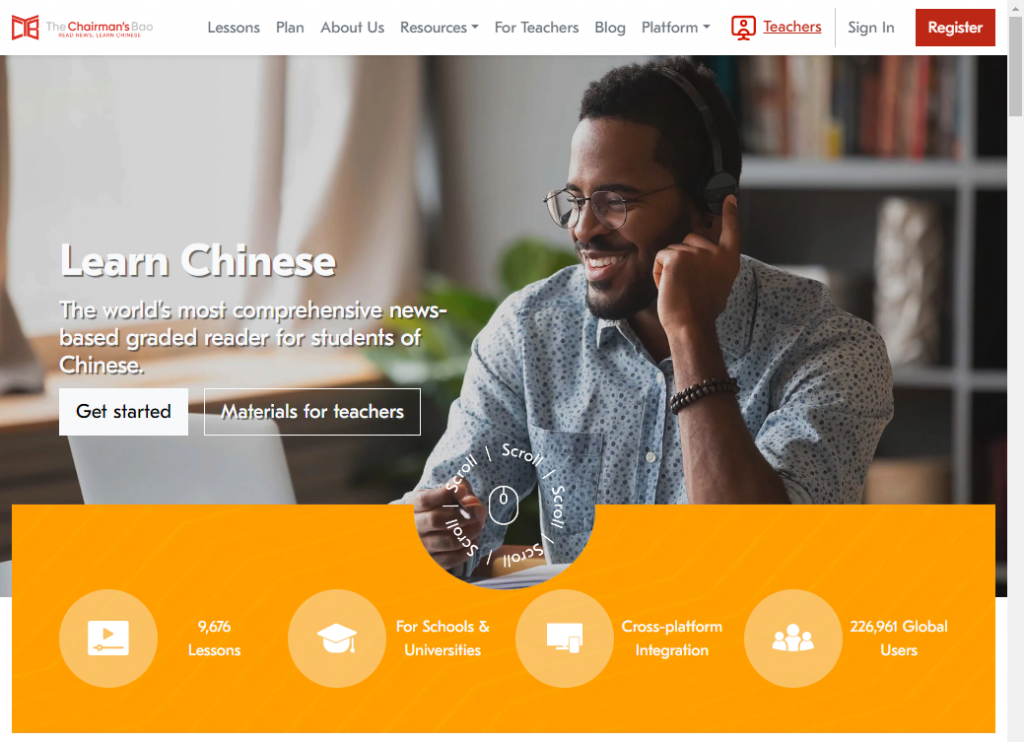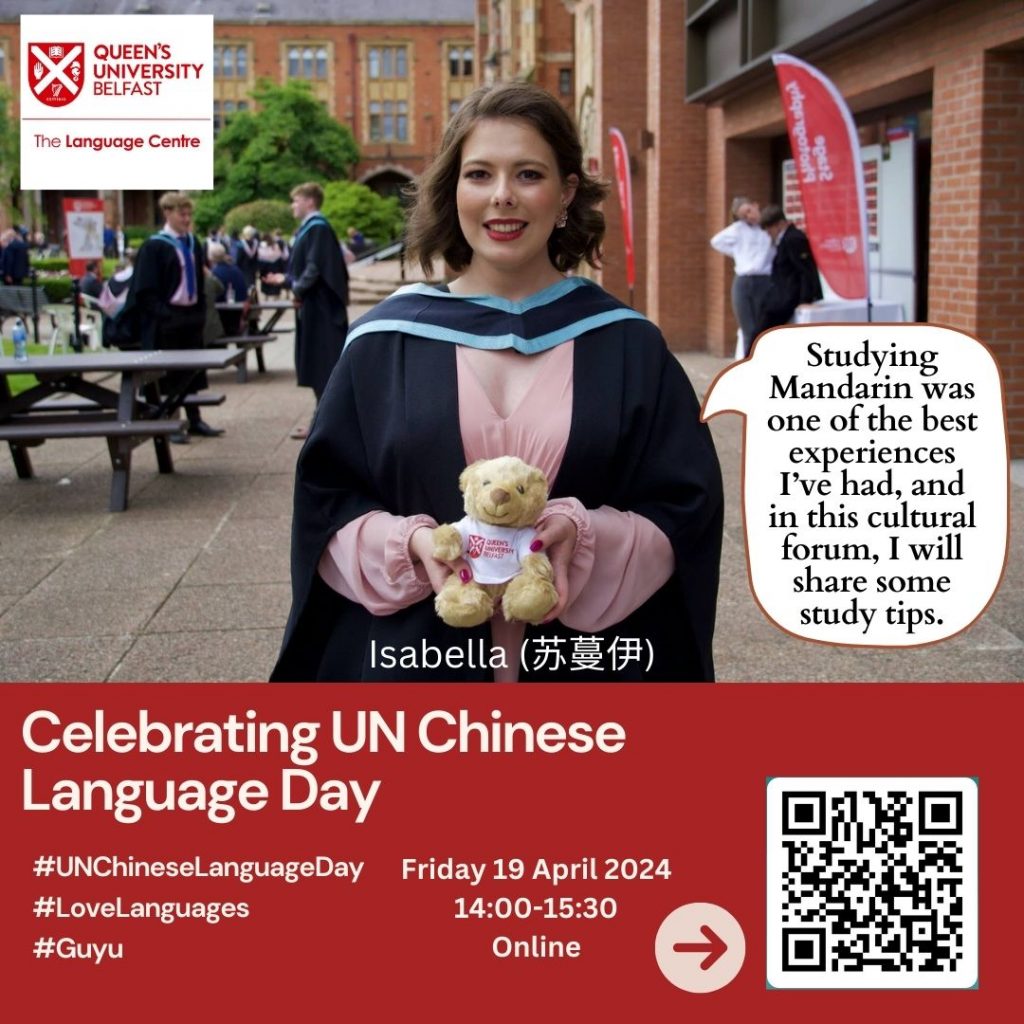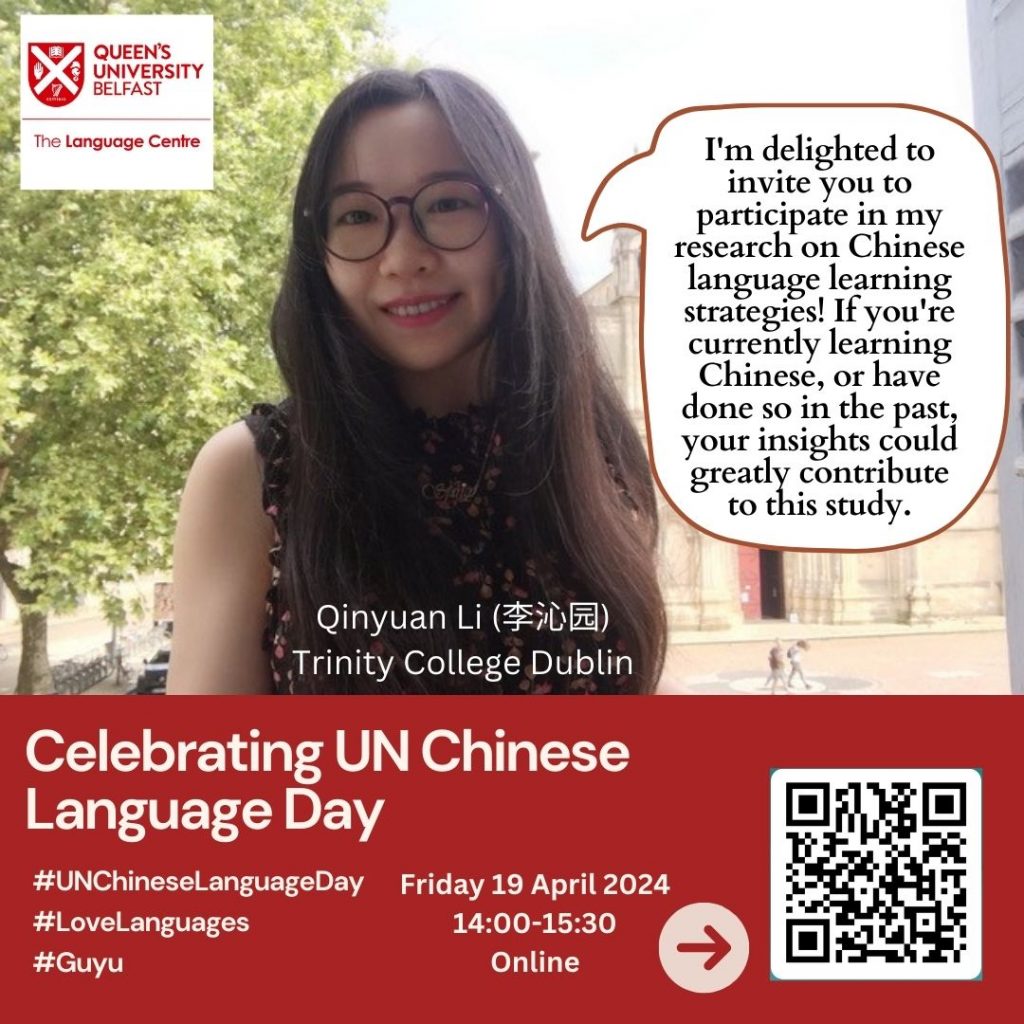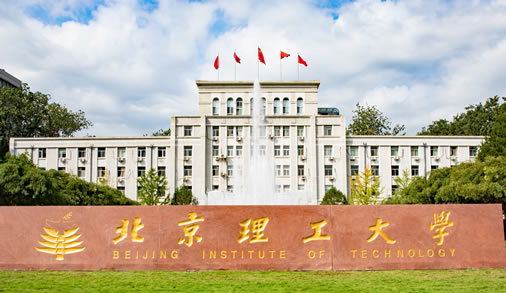The UN celebrates Chinese Language Day annually on 20th April each year. This year, it falls on to a Sunday.
The date for the Chinese day was selected from Guyu (“Rain of Millet”), which is the 6th of 24 solar terms in the traditional East Asian calendars, to pay tribute to Cangjie. Cangjie is a very important figure in ancient China, claimed to be an official historian of the Yellow Emperor and the inventor of Chinese characters. Legend has it that he had four eyes and four pupils, and that when he invented the characters, the deities and ghosts cried and the sky rained millet. From then on, Chinese people celebrate the day Guyu in honour of Cangjie. In the Gregorian calendar, it usually begins around April 20.
To mark this special occasion, we warmly invite everyone with a passion for promoting the Chinese language and culture worldwide—whether in academic or professional settings, as teachers or learners—to join us for the UN Chinese Language Day Forum 2025.
Our two invited speakers will share their insights and reflections drawn from years of experience in intercultural workplaces, offering valuable perspectives on both academic and professional practices in a global context.
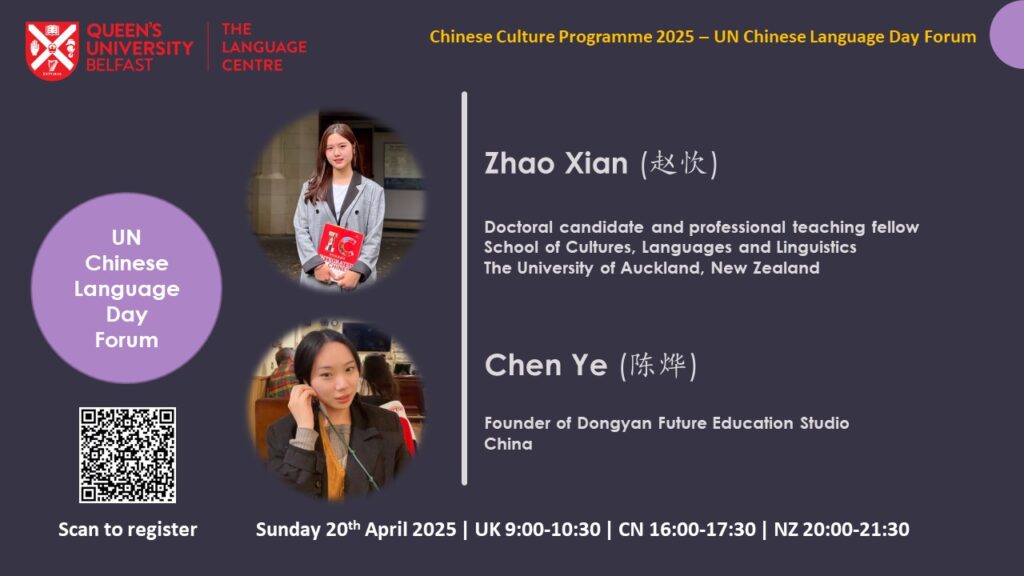
Speakers:
Xian ZHAO (赵忺) is a doctoral candidate and Professional Teaching Fellow in the School of Cultures, Languages, and Linguistics at the Faculty of Arts, University of Auckland. With a strong passion for Chinese language education, she brings extensive teaching experience across diverse cultural and academic settings, including China, the United States, Thailand, and New Zealand.
In 2019, she served as a Chinese language lecturer in the Department of East Asian Studies at Princeton University. Prior to that, she taught at Confucius Institutes in both Thailand and the U.S., where she was actively involved in language instruction and cross-cultural exchange. Her professional contributions extend beyond the classroom—she has served as an examiner for the selection of Confucius Institute volunteer teachers and for the CTCSOL certificate (Certificate for Teachers of Chinese to Speakers of Other Languages).
Additionally, she has acted as a judge for the Chinese Bridge competition. Currently, her research interests lie at the intersection of individual learner differences, artificial intelligence, and language teaching. She is particularly interested in how emerging technologies can enhance the learning experience and outcomes for second language (L2) learners. Xian has published her work in several top-tier academic journals such as Studies in Second Language Acquisition, System, and Language Teaching Research, among others. She also serves as a peer reviewer for more than 20 academic journals.
Ye CHEN (陈烨) is Founder of Dongyan Future Education Studio. She was a former dispatched Mandarin teacher at the Confucius Institute of Peking University and UCL. In 2023 she was named the Global Digital Gold Medal Lecturer by the Chinese Language Alliance, and in 2024 she received the Chinese Language Alliance Gold Medal for Digital Resource Application Case Study (PBL Teaching Method).
Ye has taught at UCL Academy and Seoul International School and served as a member of the question-setting committee for Korea’s Chinese College Entrance Exam mock tests (2021). She took a Chief Research Editor role in the development of an innovative vocabulary software project under Center for Language Education and Cooperation’s (CLEC, China) resource development initiative. Ye has been invited multiple times to conduct training for overseas volunteer Mandarin teachers of CLEC, as well as Chinese teacher associations in Canada, the UK, and South Korea, training over 3,000 teachers in total. Her research has been presented at international conferences, including the European Association of Chinese Teachers’ Symposium, and she has been invited to deliver lectures on AI-empowered education at the Confucius Institutes of the London School of Economics and the University of Groningen in the Netherlands.
Registration

Date: Sunday 20th April 2025
Time: UK 09:00-10:30 | CN 16:00-17:30 | NZ 20:00-21:30
Access: QUB MS Teams (link will be given after registration)
Languages: Chinese, with English

